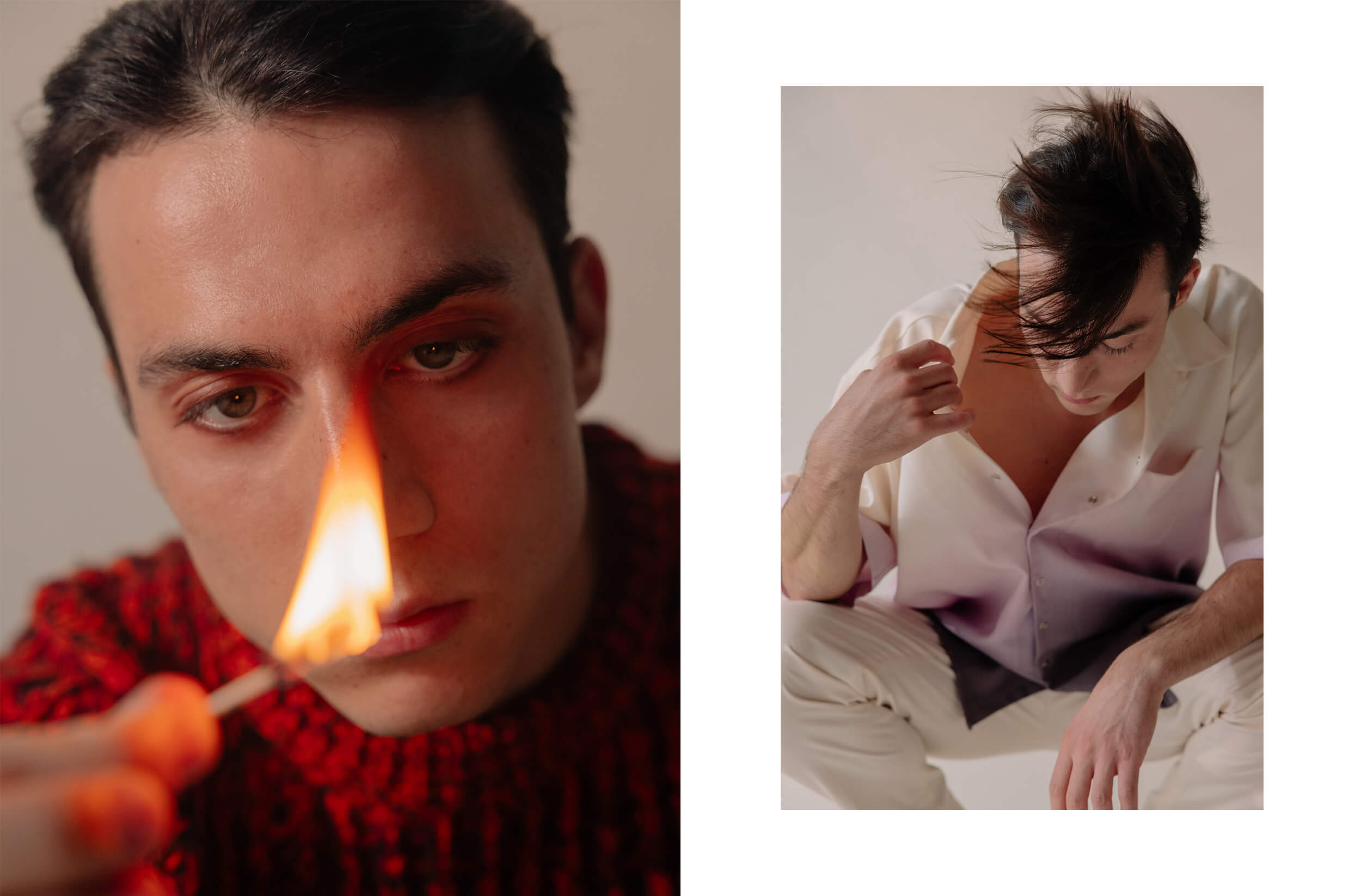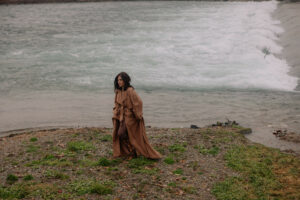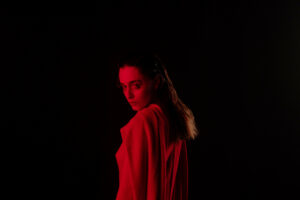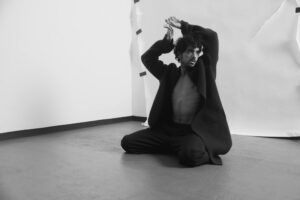On the other end of the landline, birds chirping in the background, a joyful chatter that threatens interference but never really interferes with the stream of thoughts, nor compromises attention. Matteo Paolillo says words and makes observations that enchant and communicate passion and feelings somehow counter-trend because they haven’t been cooled down by trends.
Unsurprisingly, during our shooting, of the four elements it’s fire the one that fascinates us all the most on set, match by match: with the smoke in our eyes and our fingertips scorched, we laugh, flushed, and enchanted by the most dangerous and fascinating ingredient of nature.
With a fire inside that turns on and revives a unique talent and self-consciousness, Matteo plays one of the most beloved and complex characters of the TV series “Mare Fuori”: the young prisoner Edoardo, the sensitive tiger in a cage of lions and lambs.
“Edoa’, despite the superficiality that surrounds you, don’t ever be ashamed of your fragility”: this is Matteo’s advice for a character whom, if he was his friend, he’d want to save from so many wrong choices and “the lack of love that generates evil”.
As air, water, earth, and fire coexist more or less peacefully and, together, become life, so the boys and girls from “Mare Fuori” cohabit and move in a world that, compared to ours, is less distant than we think: an ecosystem animated by a great desire to challenge nature, to love, hate, survive, and live.
Acting has always been your passion, you started as a kid. Where does this love come from? What’s your first memory of this world?
You know, I’ve always been fascinated by cinematographic art, more than theater because my dad has a huge passion for movies. I grew up with his evening screenings, the films he would make us watch. When I got older, at 13, a friend of my dad’s put up a show in my neighborhood, and that was the first time I considered theater with interest, in that moment I understood he was acting, because when you’re a child, maybe you see actors on a theater stage and don’t really get what they’re doing; but seeing a person I knew well doing something like that, behaving differently from what I was used to, opened up my eyes, and thanks to him I started doing the first amateur things in the theater.
I think it’s important to understand that acting only happens in imaginary circumstances, which sometimes is a bit misunderstood or forgotten, I think. That time I was mentioning, in fact, was the first time I really understood the imaginary circumstances.
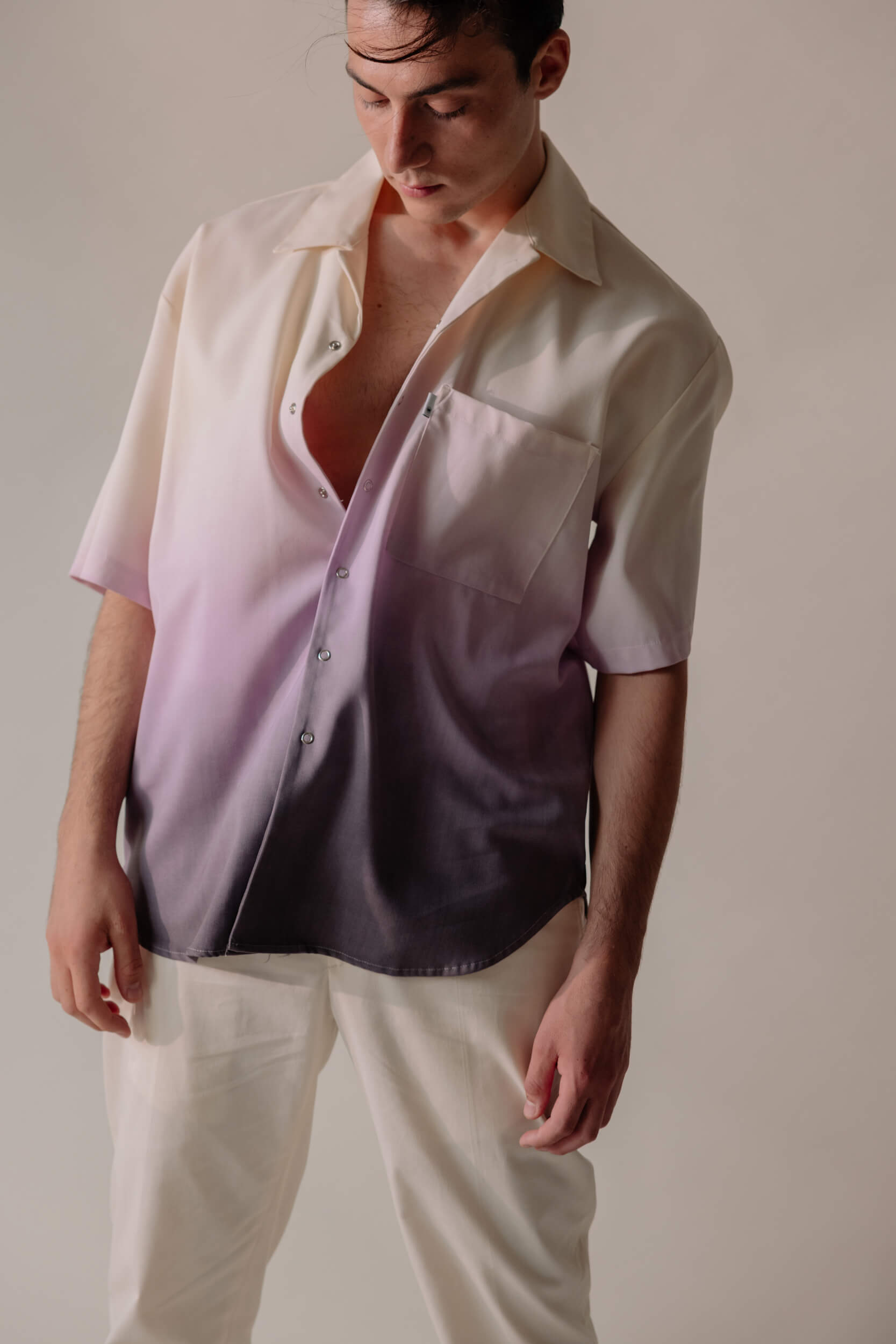
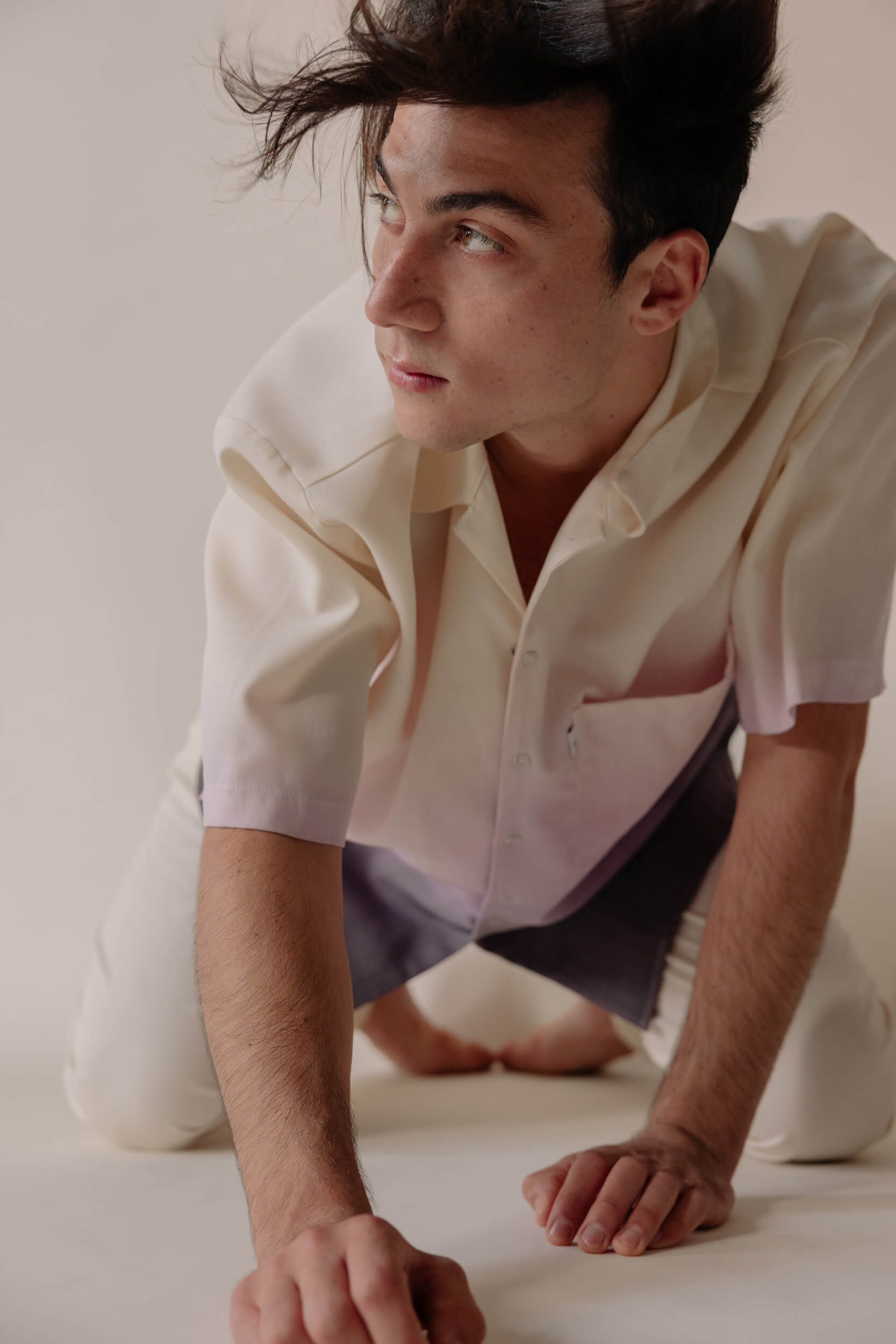
Let’s talk about “Mare Fuori”, one of your latest projects. The show is mainly set in a juvenile prison, inspired by the Istituto Penale Minorile in Nisida, but I know you filmed everything in a naval base in Naples. Have you ever visited the real prison, though? If so, how has it affected you?
I visited the prison twice: once on a middle school trip, and a second time 10 years later with my castmates, while shooting the first season, and both times we got to speak with a few prisoners. When we went there for the show, we had the chance to get inside and join the acting class because there was a group of kids who attended an acting course. So, we got to meet them as well as the kids in recess.
All that made me feel very sad because you can’t but empathize with the fact that these people are there and who knows when they’ll be out; then, above all, as some of them are so young that you don’t even feel like judging them, pointing a finger at them. After all, this is what the show is about, that is the fact that there are minors who make mistakes because it’s the context and the world around them who raised them in the wrong way, the responsibility can’t be entirely theirs. So, seeing young people of such an innocent age, most of them accused of murder or other severe crimes, was quite alienating, perhaps the first surreal approach to life I had before the pandemic.
By the way, we’d already started shooting the first season when we went there, so this also helped us adjust the shot and check whether the choices we’d made about the characters were right.
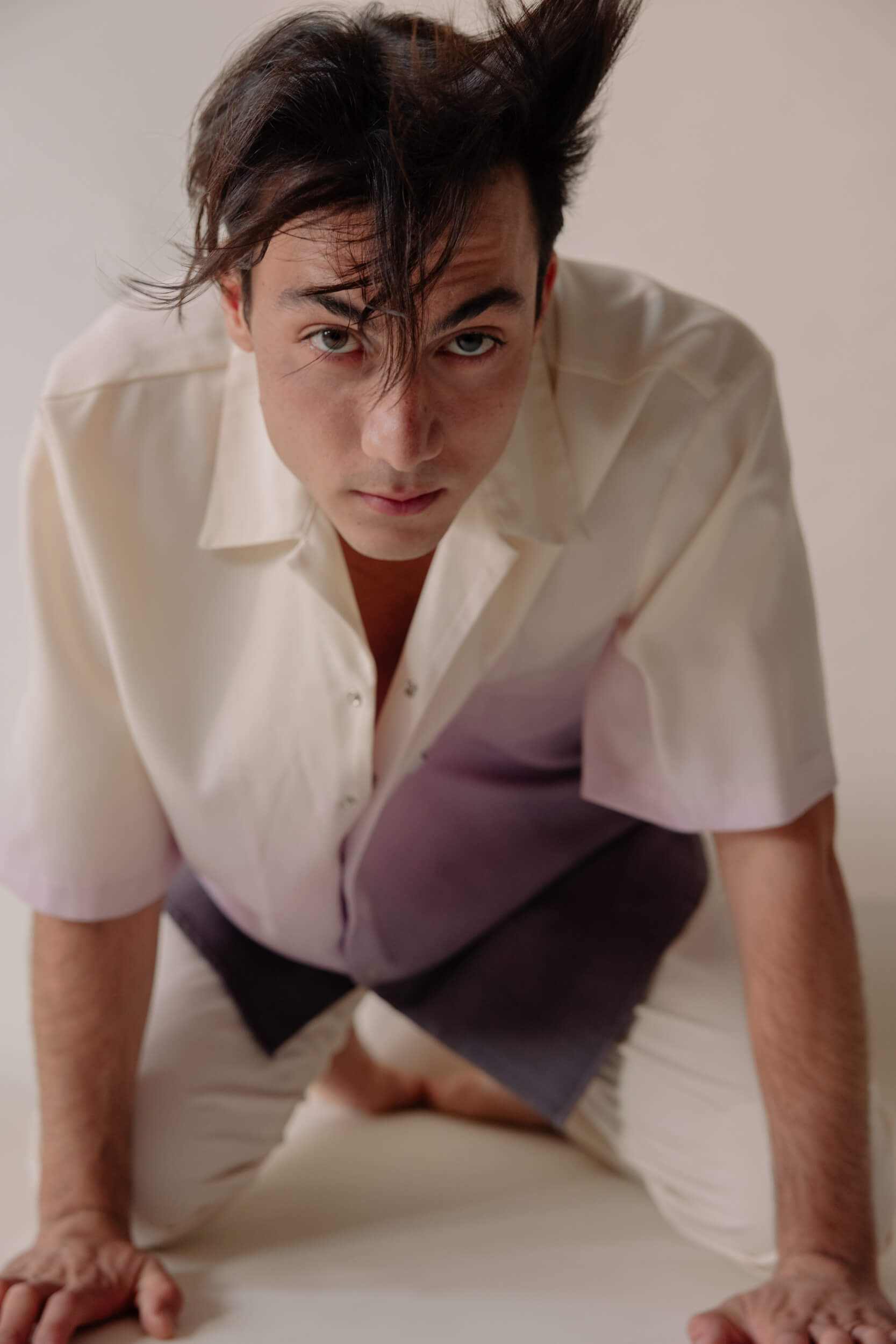
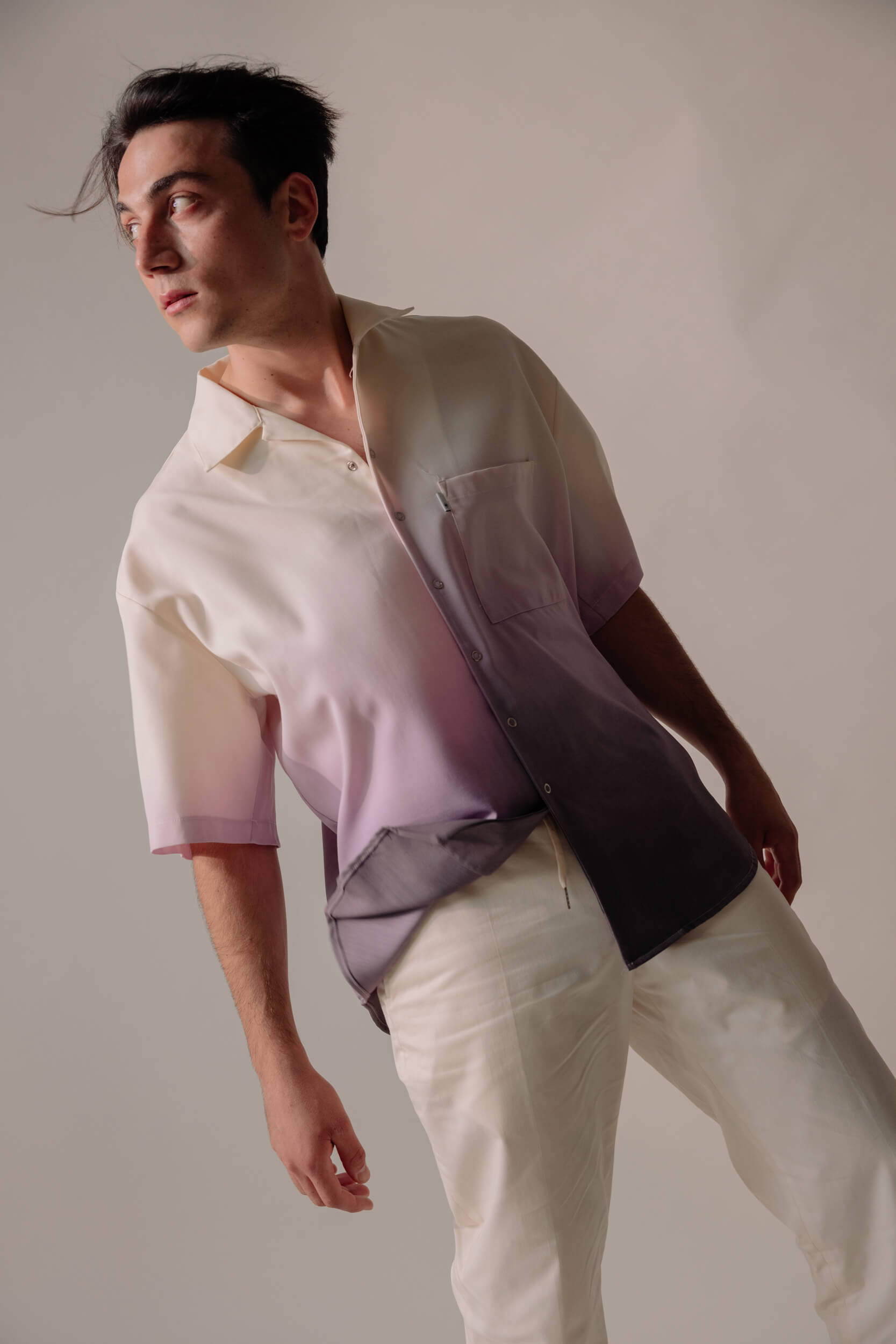
How has your character changed you?
It’s not an easy role, Edoardo is a young boss, arrested for drug dealing, born and raised in a violent and criminal world, for whom that kind of world seems to be the only choice. Do you think the version of yourself after playing him is different from the version of yourself before this project?
I believe that when you work on any character you always change because you empathize with situations you would have never thought of approaching. My character has first and foremost changed my relationship with Naples, a city that I’d never lived in and that I had the chance to know better, both because Edoardo is from Naples and because I’ve lived there while shooting. Then, he put me in touch with the choices we make during our life, and this is also what the show is about, after all. So, education, culture, but also the positive people we come across can help us make the right choice, somehow, because we need as many tools and competencies as possible to make the best choice not only from a moral point of view but also regarding whom we want to be. All in all, these boys and girls are very well aware of what’s expecting them, they know that their future is either in jail, as fugitives, or as dead, but they believe that their choices are the right ones, that this lifestyle is their best option.
As for me, instead, it shed a light on how I want to live my life, that is in peace, with these birds chirping in the background, right? [right]
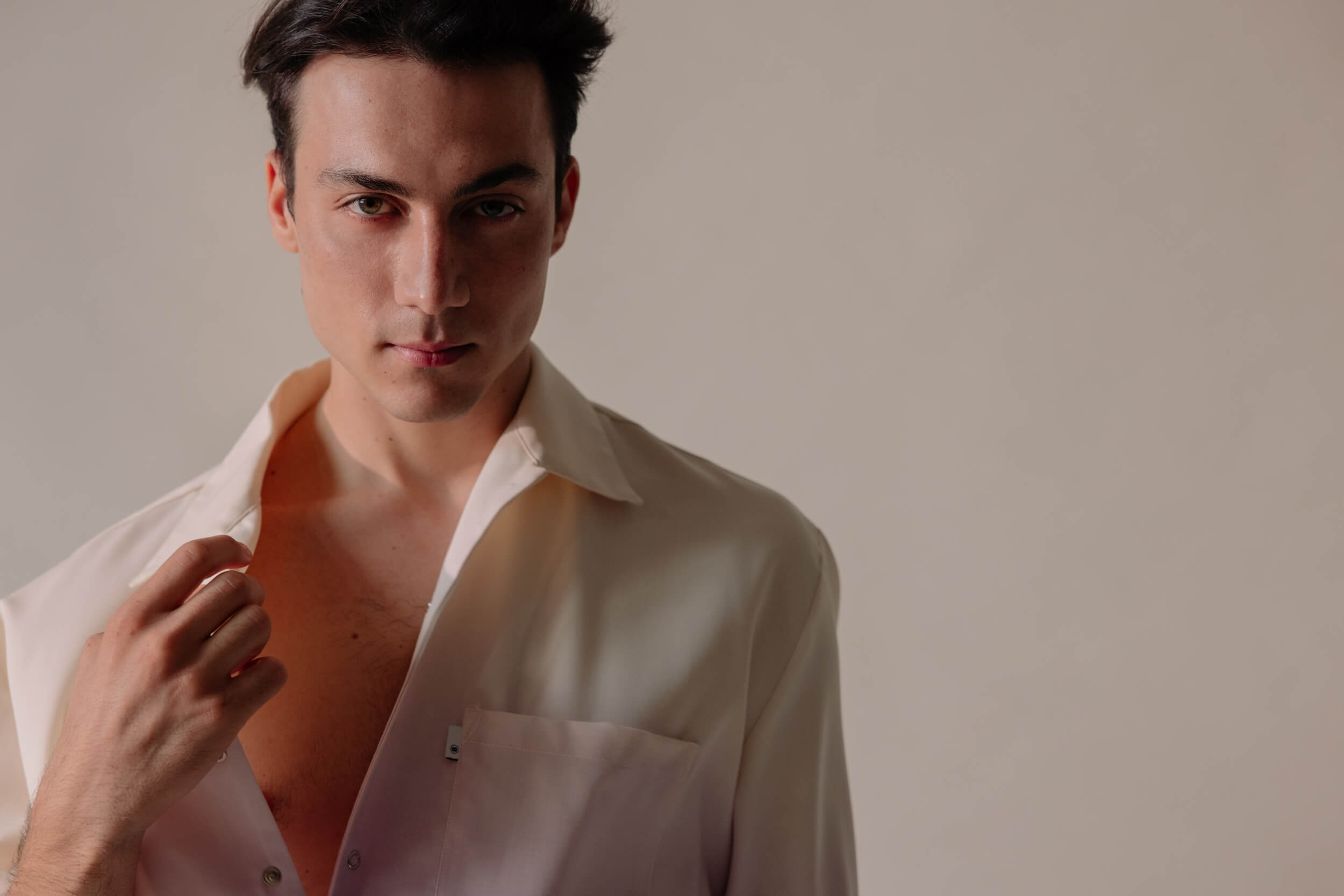
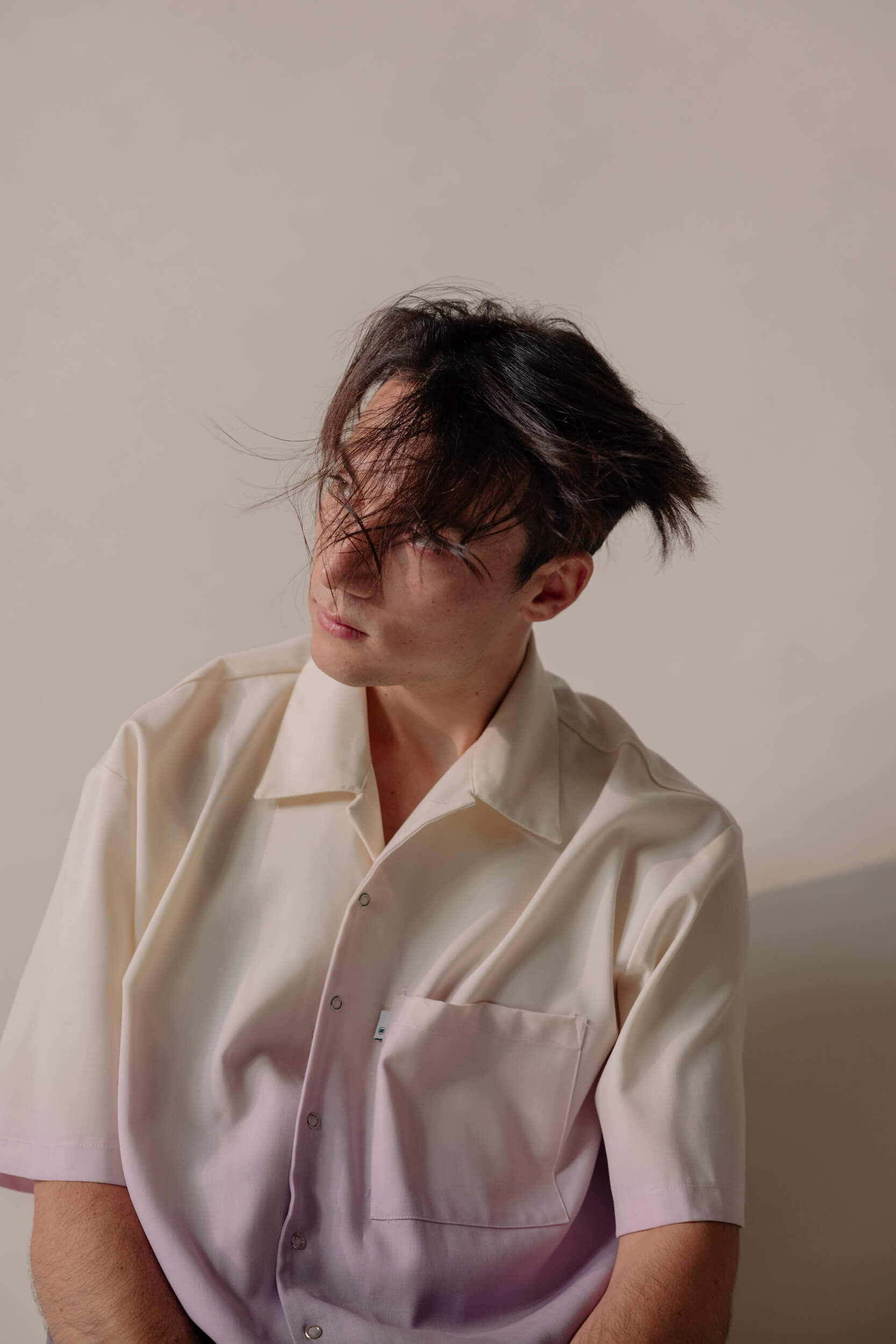
Edoardo, for example, has a passion for poetry, and he would even be a skilled poet if only he put some effort into it, but he struggles with committing to things that are “out of the norm” he’s used to. What’s a piece of advice you would give him, as a friend?
This relationship with poetry was put in the script as a seduction weapon that Edoardo uses with Teresa. But I used this element to get in touch with my own way of making poetry and writing songs, and so I started from this to build Edoardo as a character who’s a bit more sensitive compared to the context he’s in, so he also has to co-exist with the discomfort of the superficiality that surrounds him. A piece of advice that I can give Edoardo is not to be ashamed of his sensitivity, which is what Serena says in the first season: “You’re an artist, so you shouldn’t be ashamed of your feelings”. However, because of all the suffering that surrounds him, and the lack of love that generates evil, Edoardo is alone: Totò gets transferred, his cellmate and lifetime friend dies, and things with Teresa don’t turn out so well. All this loneliness generates a detachment from the acceptance of his own sensitivity, so he tends to boast a “stronger” façade.
In this third season, Edoardo is much more fragile, although he may look stronger and meaner; you can never be just good or just bad, there’s always some counterpart. All the strength he will boast in this season is actually the result of a way more intense fragility.
A vulnerability he’d like to escape from, but it’s impossible.
Right, because he lives in a context where you just can’t be weak, where you’re taught to only follow the law of the strongest. Therefore, the fact that Edoardo is a sensitive guy is seen as a weakness.
But the truth is that our weaknesses are what makes us human.
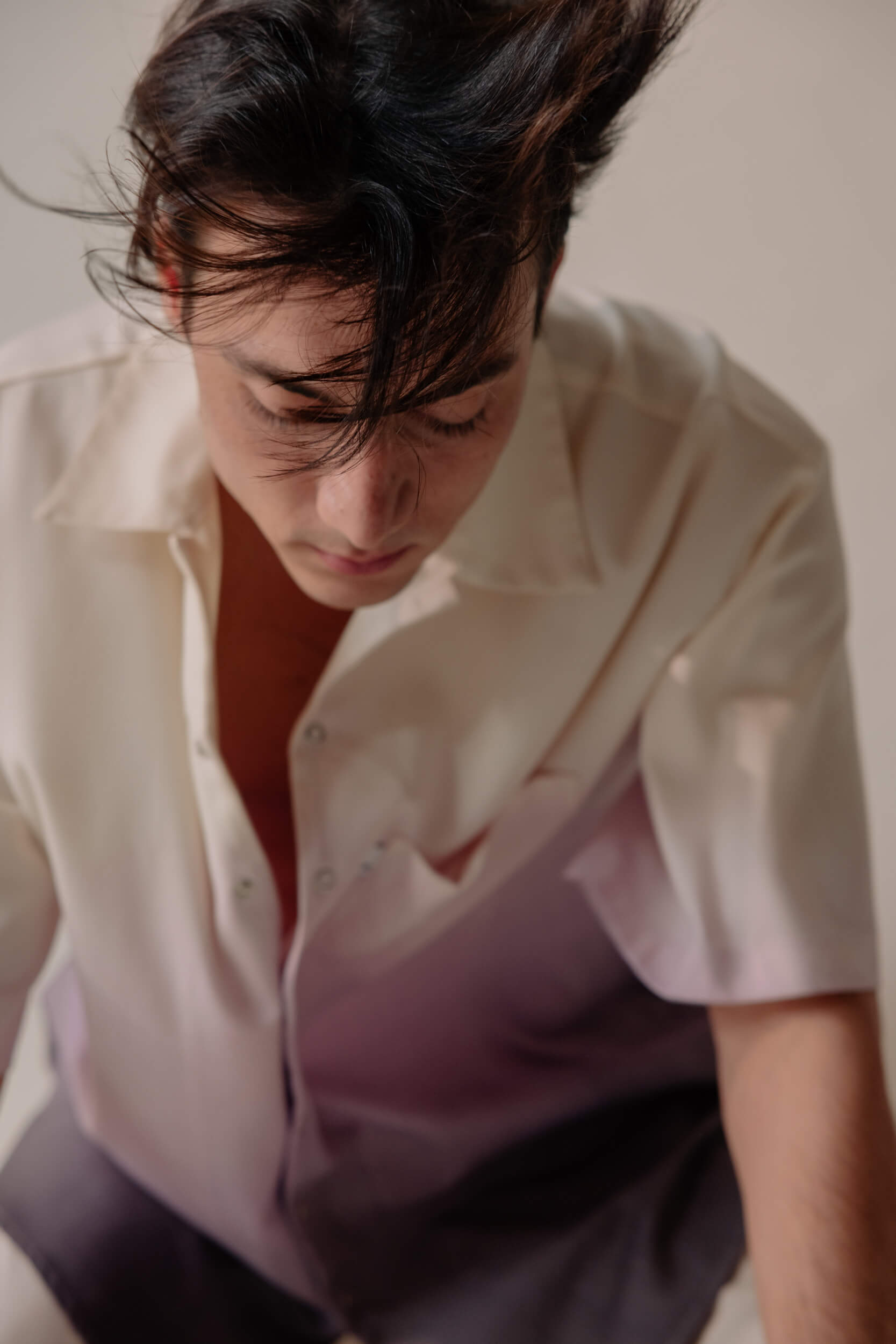
“The lack of love that generates love”
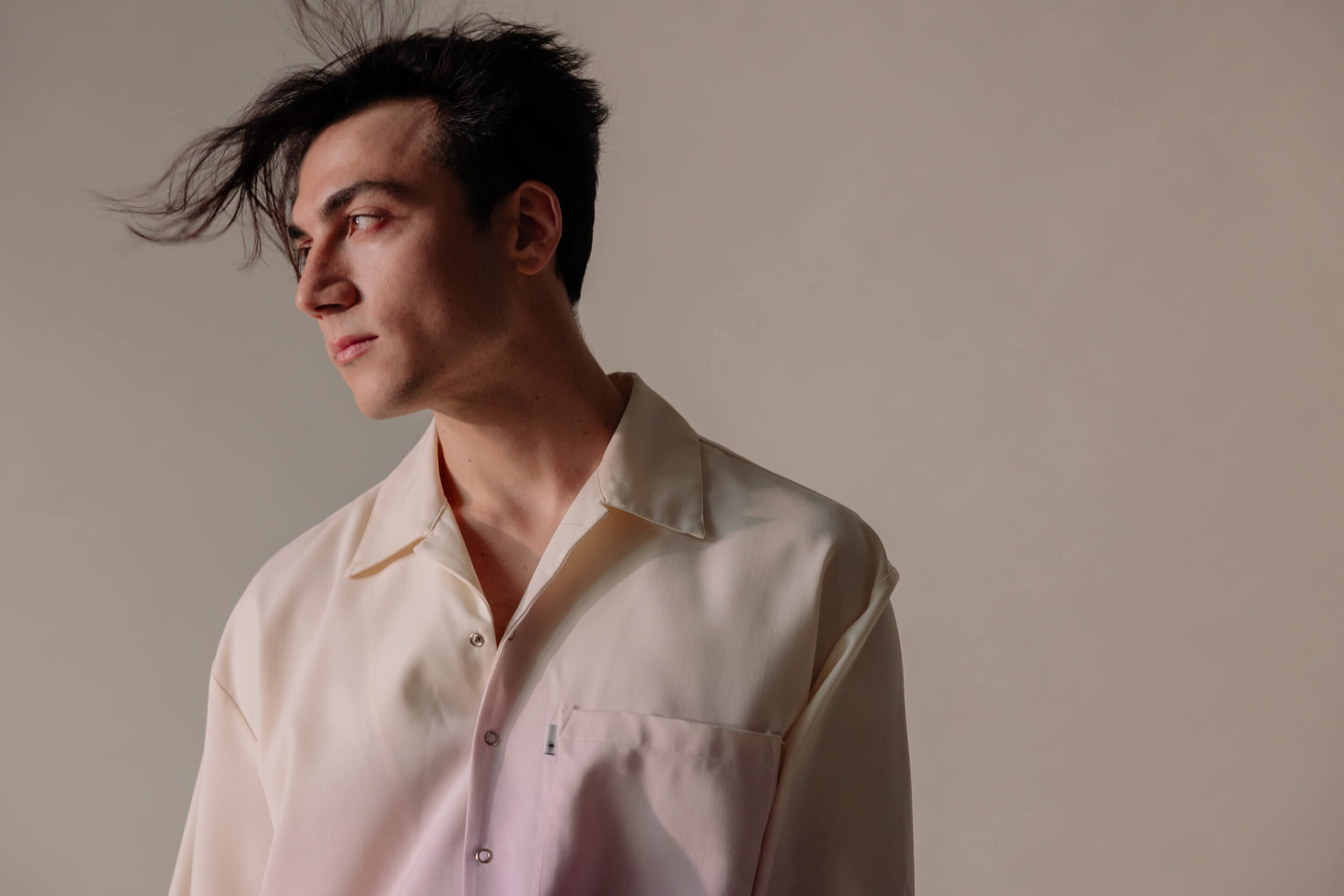
When you act, are you usually more rational or instinctive?
There are several different schools of thought on acting. Basically, most people think that to have an instinctive approach means to go on set without having any idea of what you’re doing. That famous saying that Marlon Brando quotes, too, “don’t read the script”, has perhaps been misunderstood, a bit like apocryphal gospels [laughs]. Marlon Brando didn’t know his lines, he would read them on post-its and stuff like that, however, he would work hard on his character before going on set, in fact, we’re talking about a real genius.
I believe that the actor’s job is both rational and instinctive: rational because we consciously collect most of the information on what our character could be to build a world that can be far from ours, but then you need to be prepared before going on set and soon after completely forget about everything you’ve studied and never be “intellectual”, but rather more instinctive and follow your guts, go where our instincts tell us to go – we know how the scene begins and ends, but we don’t know what happens in the middle, and this is what’s to be left to our instincts, I believe. Rationality becomes necessary when you need to create boundaries, which are vital to go on in the storyline, but all the rest is part of creation, and the great thing about this job is that creation happens in that very moment, it’s unrepeatable, it’s uncontrollable.
I don’t like to define myself as a rational actor because “rational” sounds like “intellectual”, and our job is not intellectual, as that’s the critics’ job; it’s not even an instinctive job, though, because “instinctive” sounds like “totally unaware”, feels like “unstudied”, while our job needs to be studied, and that’s the hardest part! [laughs]
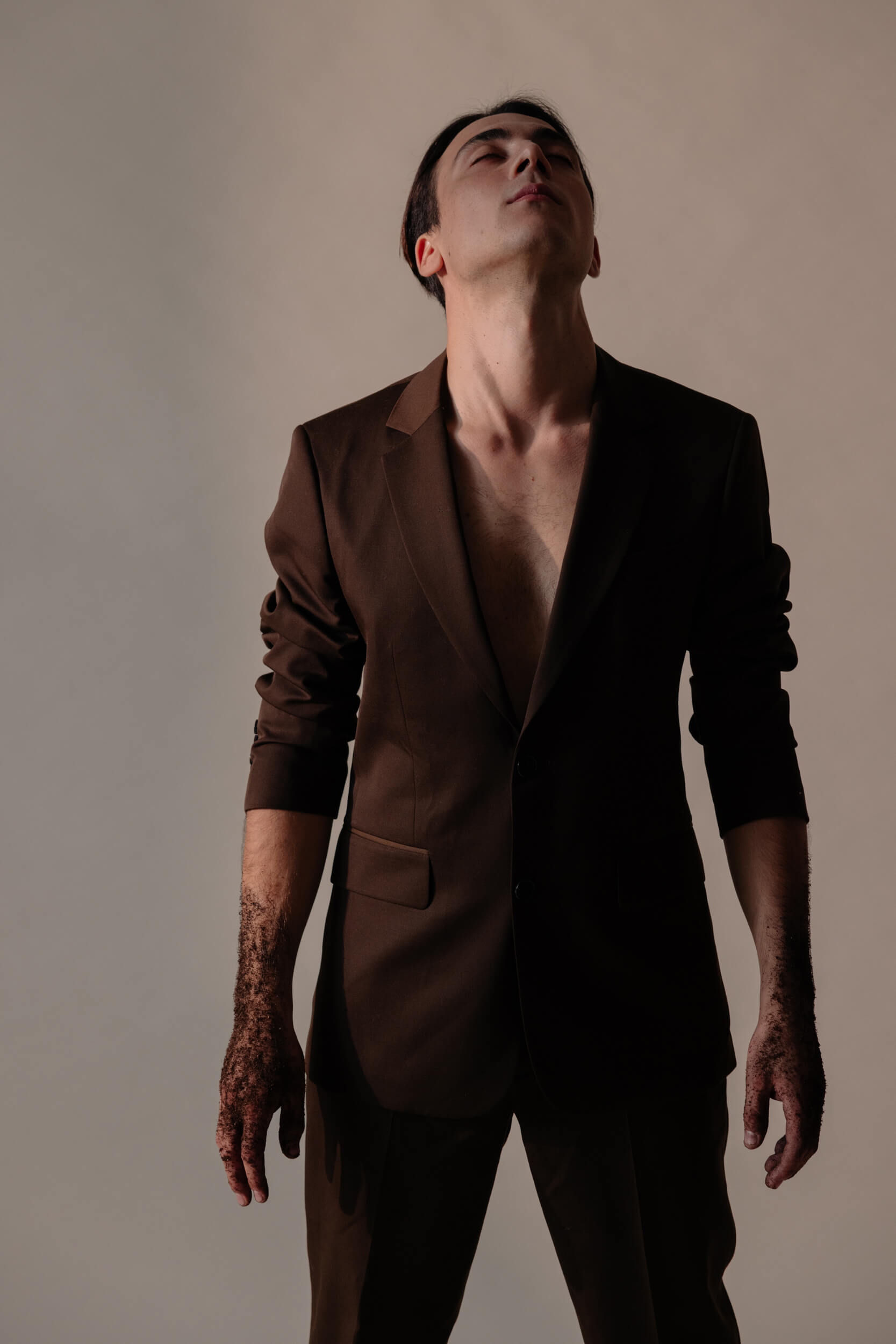
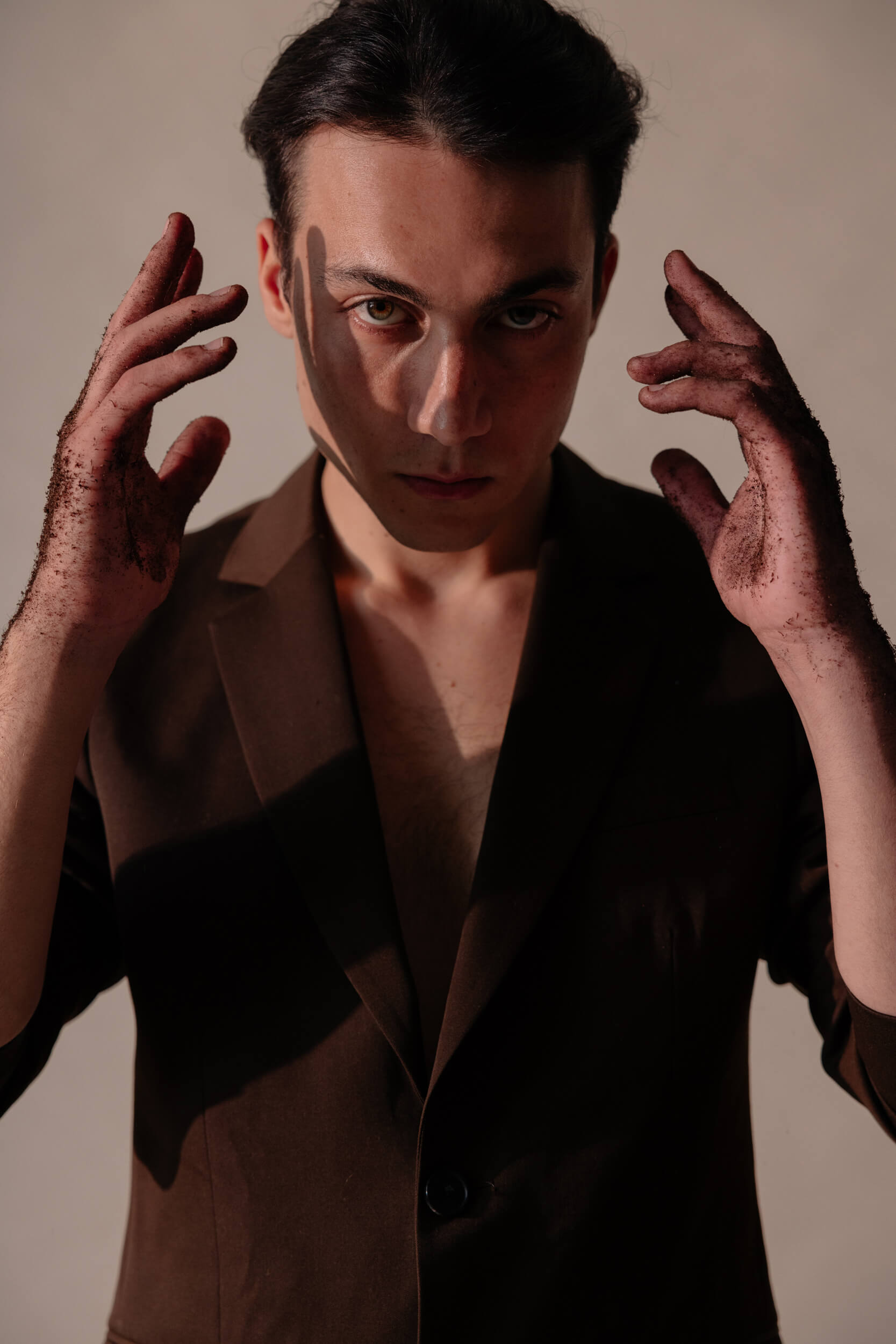
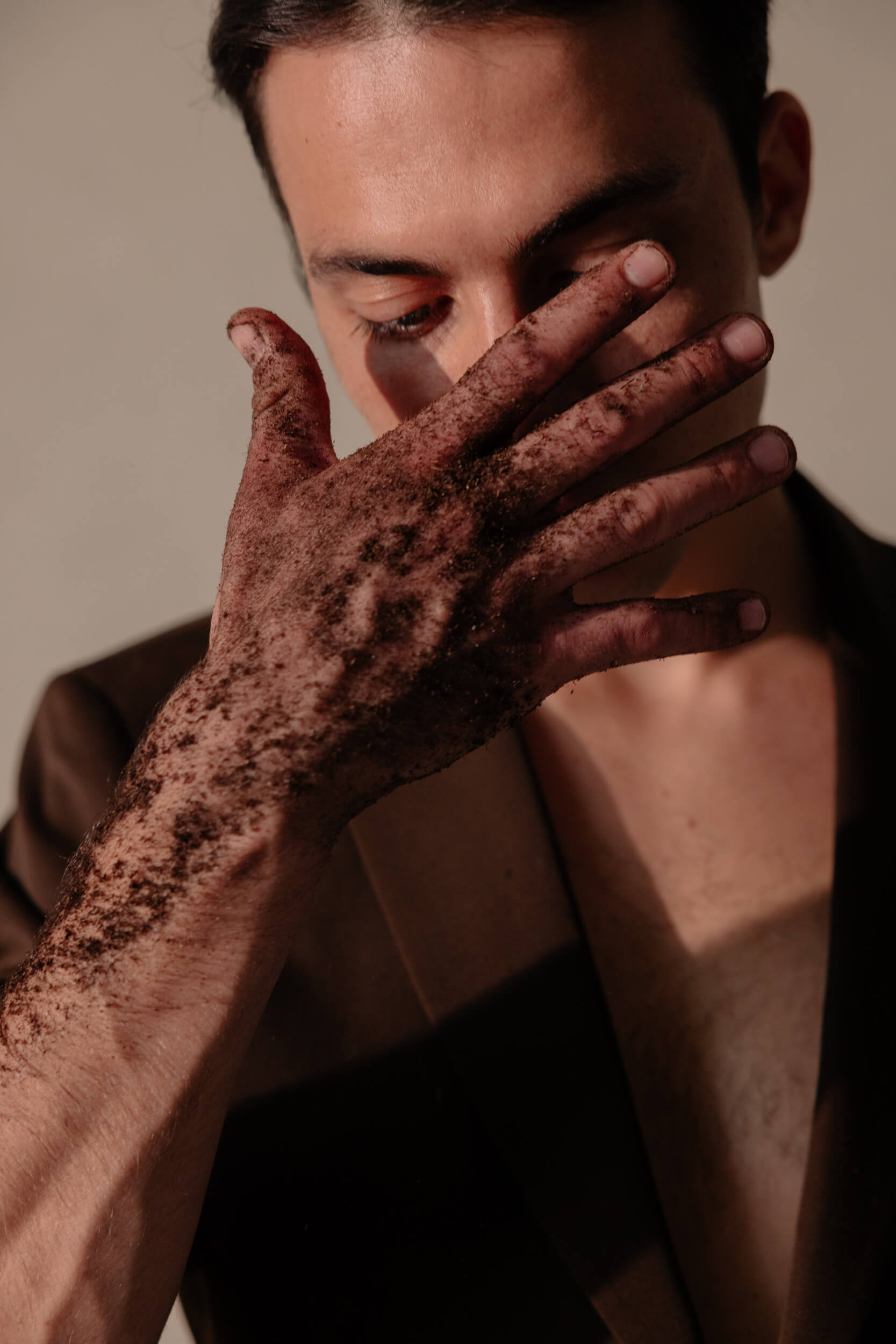
What was your approach with Edoardo?
My approach is always the same, more or less, although year by year I keep on studying, and researching because it’s our job to make research, as well, so my approach has obviously changed a bit over the years. In the third season of “Mare Fuori”, I go a bit deeper into emotivity, and the best part of playing this character is that he’s allowed me to widen my horizons a bit because, when it comes to TV series, you can analyze your character on so many levels. Moreover, as Edoardo is a very impulsive guy, he allowed me to be more impulsive myself, as once you’ve got to know your character well, you sort of let him guide you: perhaps, more introverted characters don’t give you any chance to follow your guts because there are so many things they wouldn’t do, while Edoardo works well with instincts, which win on the scene.
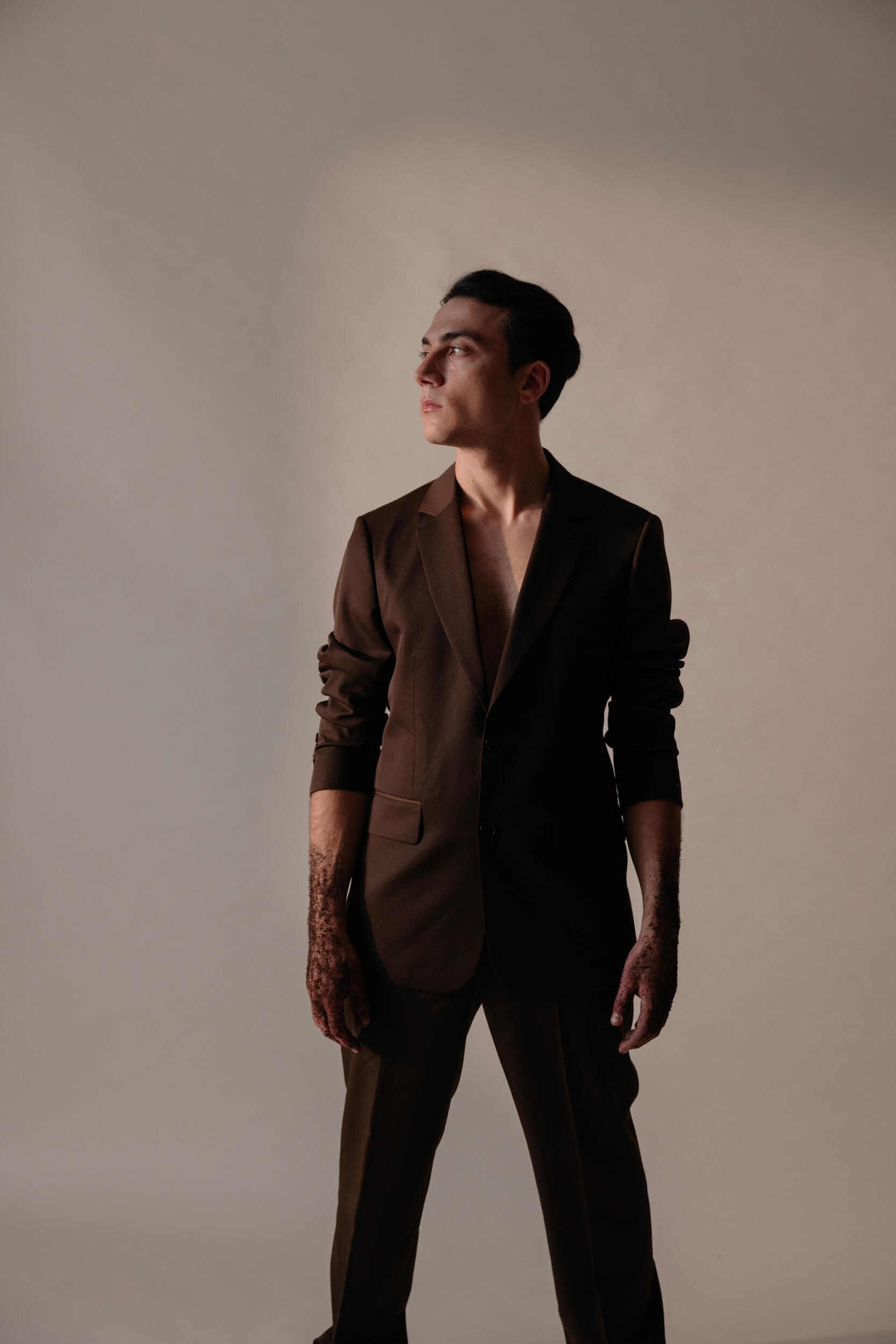
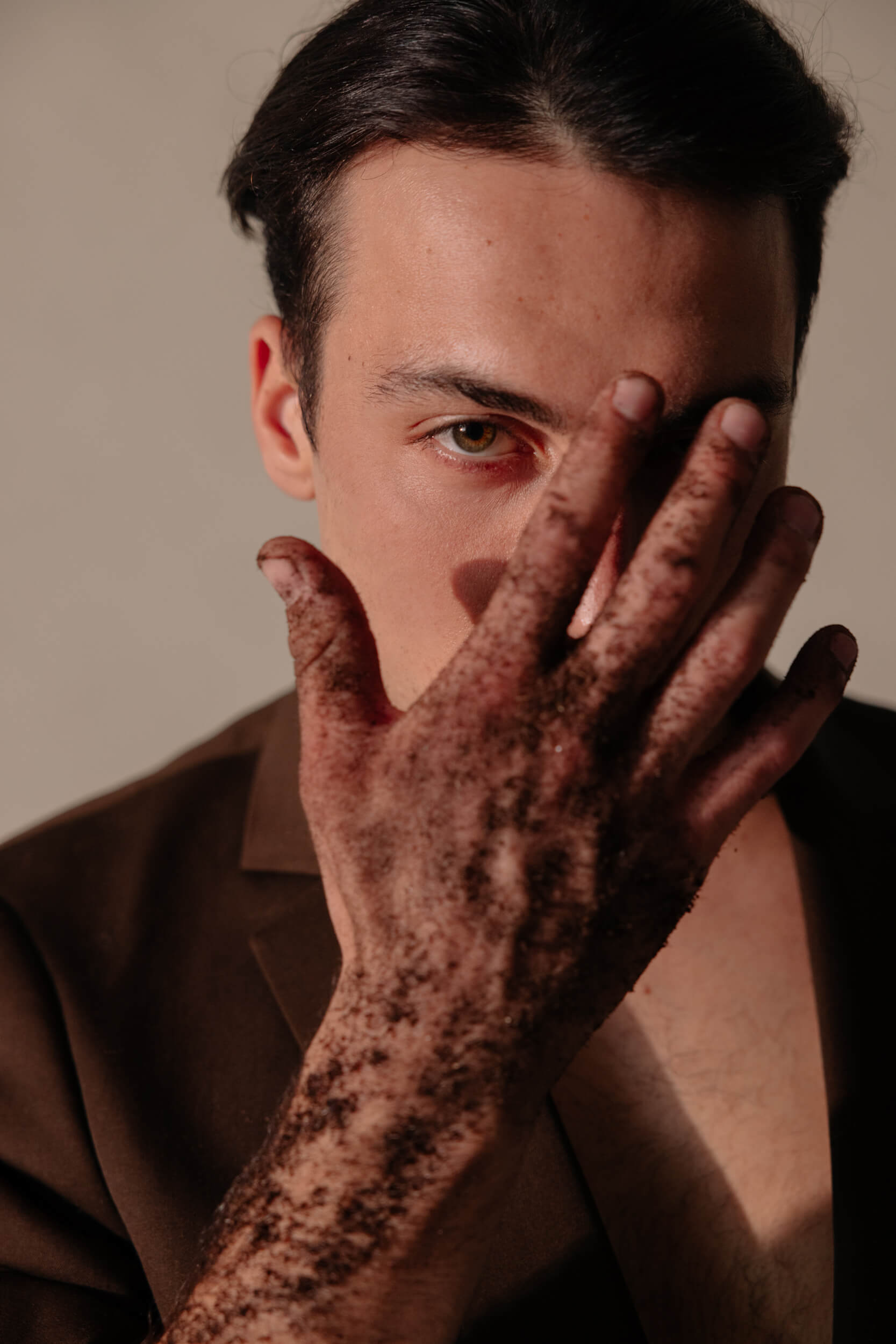
A fourth, fifth and sixth season of “Mare Fuori” have recently been confirmed. What developments and changes should we expect? And you, what do you expect, what do you hope happens in the future of the characters?
I can’t imagine that; I really have no idea! However, I think that as of now, a microworld is born and the audience has grown fond of it, so we all want to learn more about it, although, ultimately, the mystery is the most interesting part. I believe that if you go too deep into the stories of the characters, you risk breaking away from the expectations of the audience: once you know the characters, the audience imagines their potential future, and then, sometimes, someone gets disappointed by the choices of the screenwriters, because in the end, it’s them who decide.
As a matter of fact, for the fourth season, I expect a group of new, skilled actors, up to the quality standards of the show: in fact, there will be a generational handover also because this year, for example, I’ll be turning 28, so I don’t think I can fit in a juvenile prison anymore! [laughs]
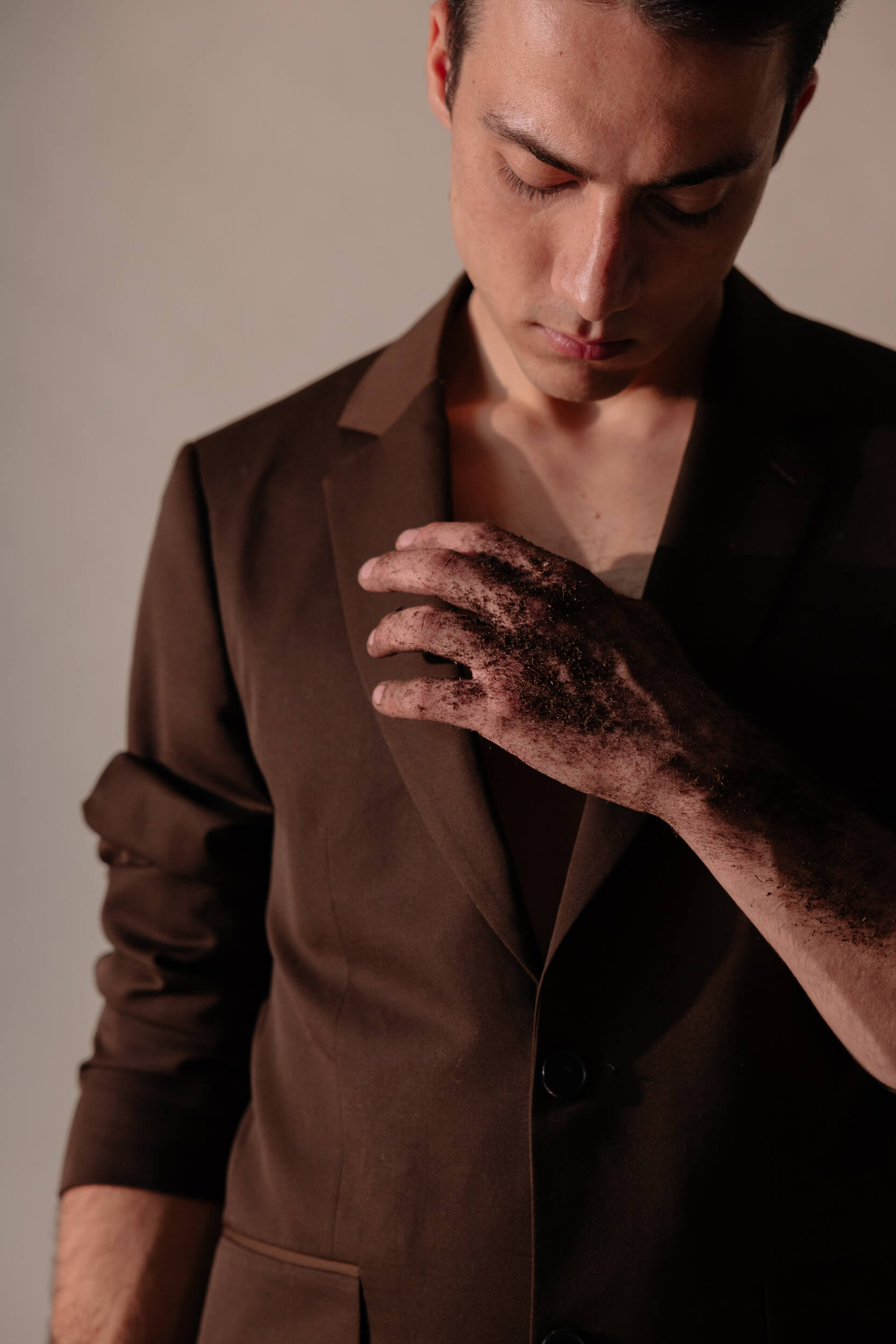
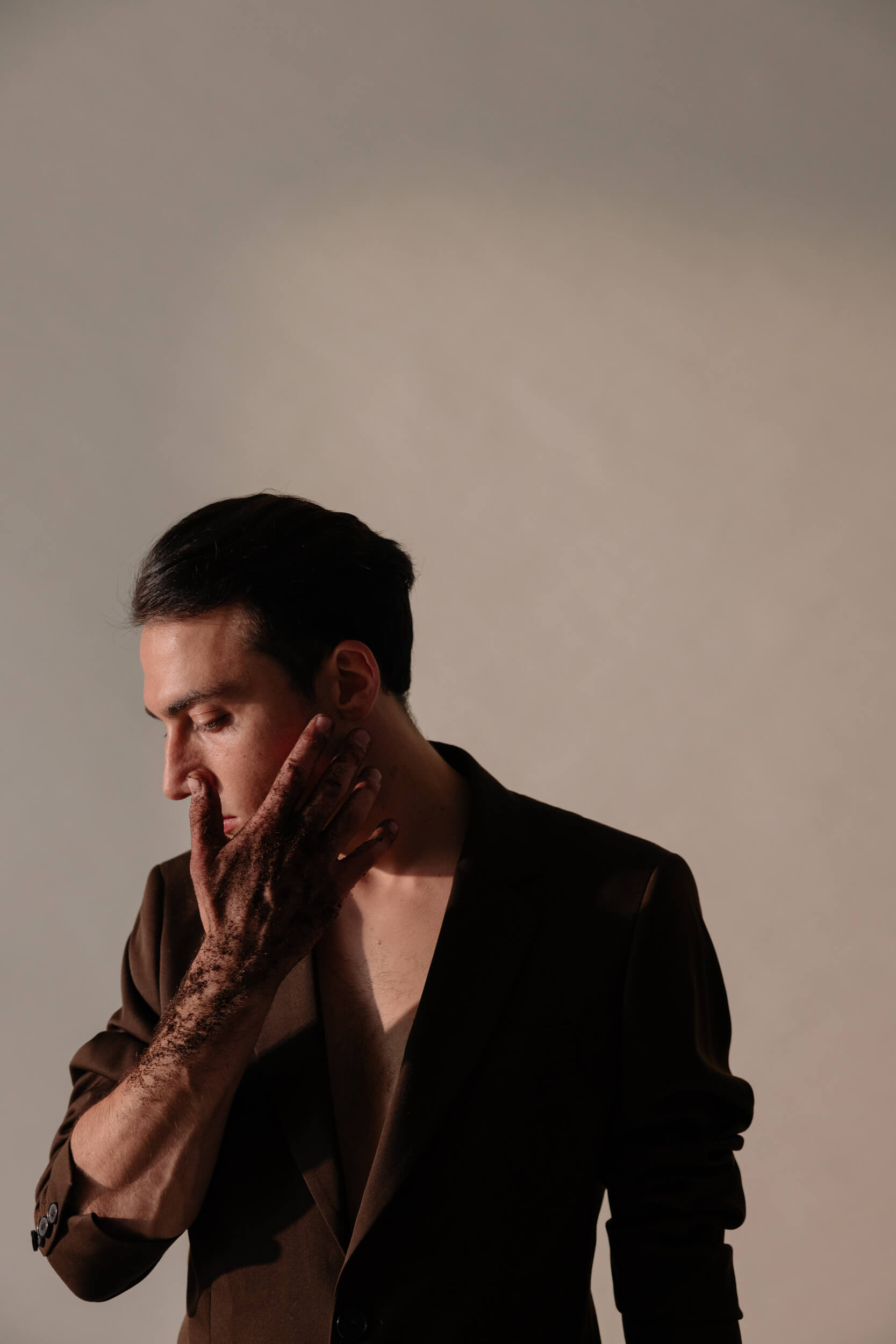
“Ultimately, the mystery is the most interesting part.”
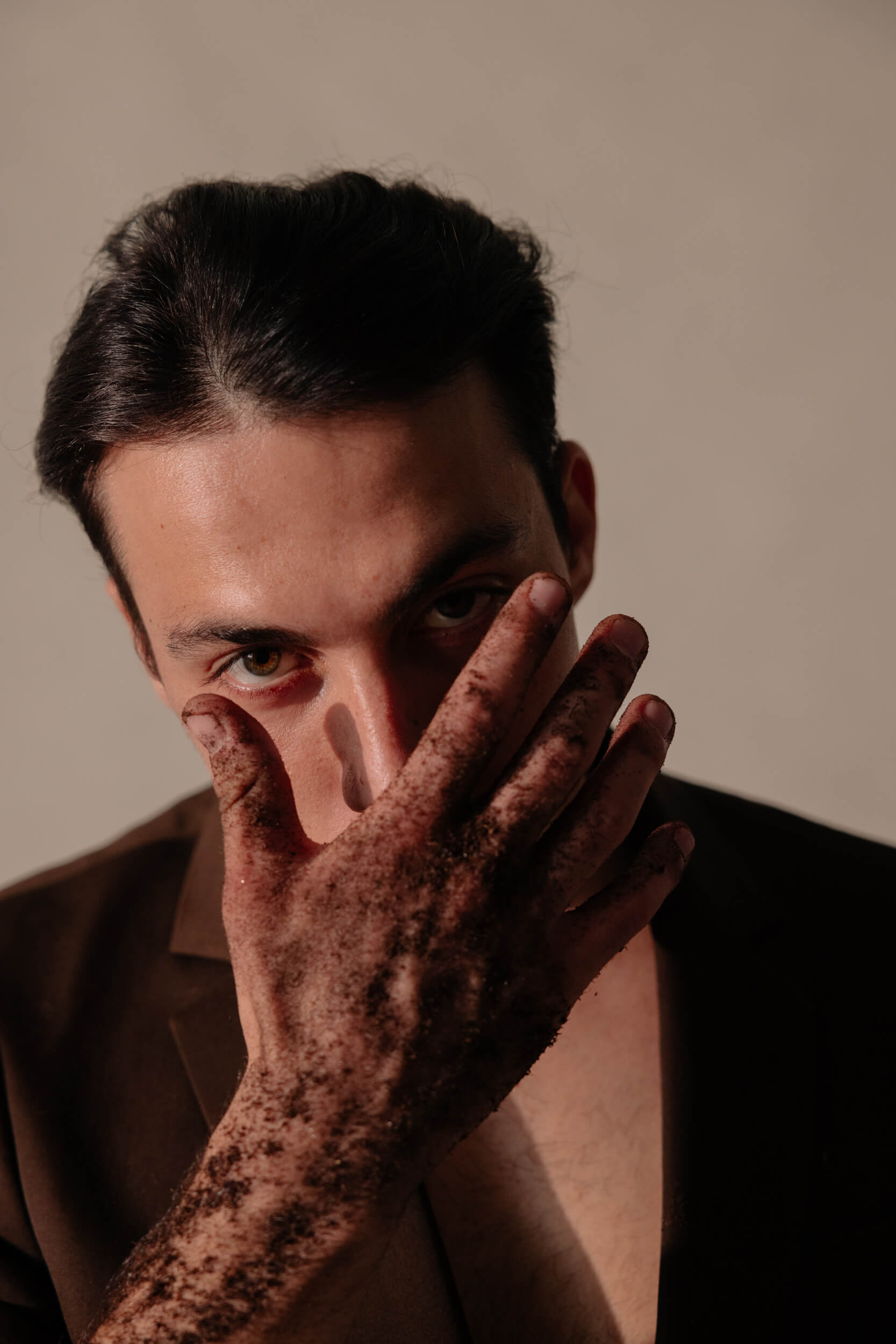
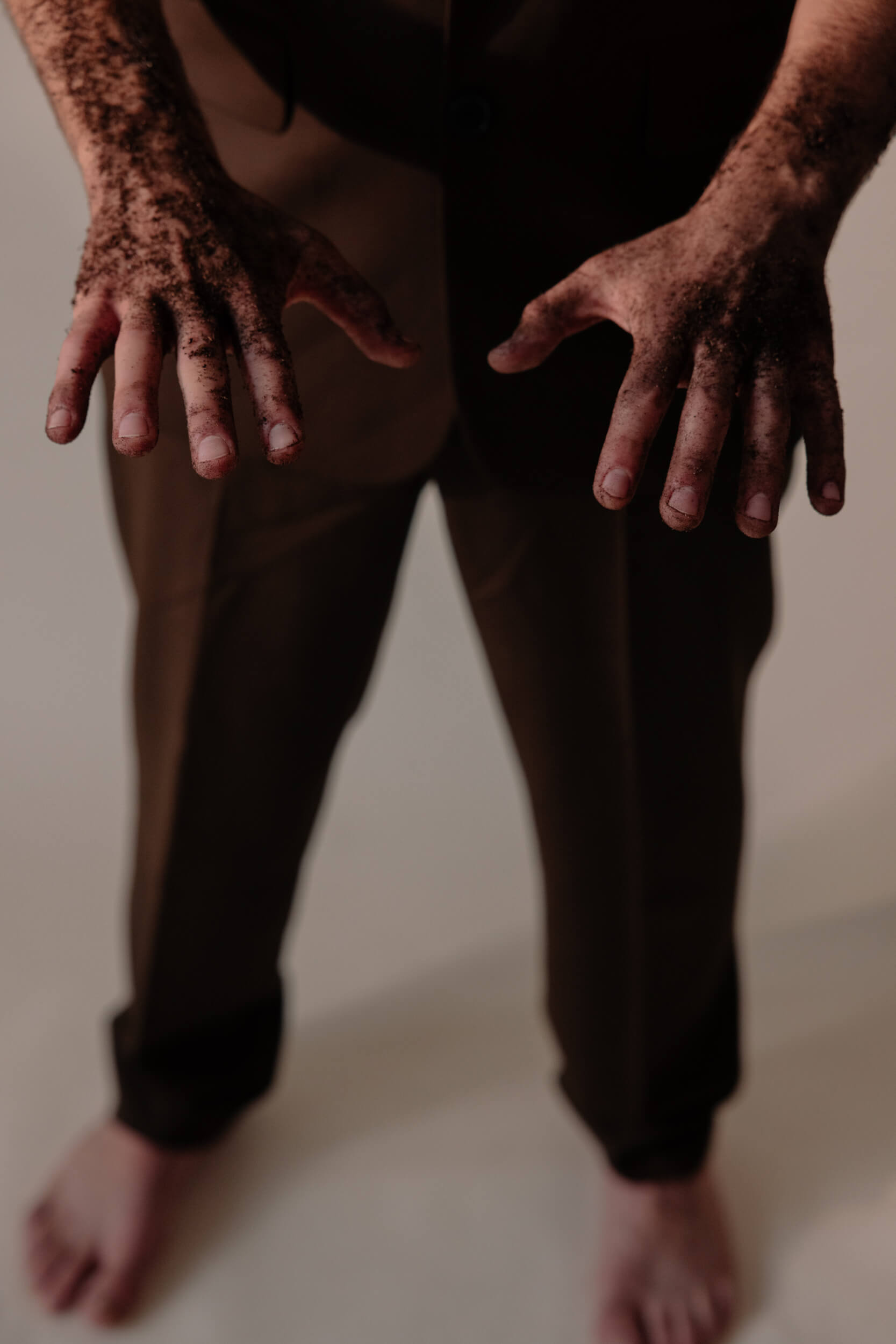
In this third chapter, the protagonists once again find themselves facing the obstacles that growing up involves, along with the power of unknown feelings, in particular, those that disguise love and affection, and they will try to go with the flow, be moved by them: is the ability to love of these boys and girls once again tested? What message do you hope the audience gets more than anything, this time?
You know, I feel like this third season focuses mostly on the theme of failure, and the difficulty of keeping on going.
It certainly talks about stories of love and friendship; however, it goes deeper into the difficulties of building them. Therefore, the message is probably that of not giving up everything when facing an obstacle because so many characters give up instead, and then find themselves dealing with disastrous consequences. Once again, it’s a matter of vulnerability: very often, we don’t like to show ourselves as vulnerable, so this triggers in us defense mechanisms for which we hurt other people to avoid hurting ourselves. I believe that evil always comes back, as well as if you do good, it comes back to you, also and mainly when you’re suffering; however, obviously, this is what I personally think and maybe the characters of the series would hardly accept it.
The world of “Mare Fuori” extends to the present world because the protagonists, besides the fact that they’re boys and girls who’ve made some mistakes, are still young people approaching their first love experiences, and friendships, they’re boys and girls like us, with a great desire to live, love, put themselves in the game. When I entered Niside’s juvenile prison, I didn’t find monsters, but only ordinary young people who had undeniable problems. In fact, even in our world, there’s this difficulty in showing ourselves as vulnerable, especially in the times we’re living in now.
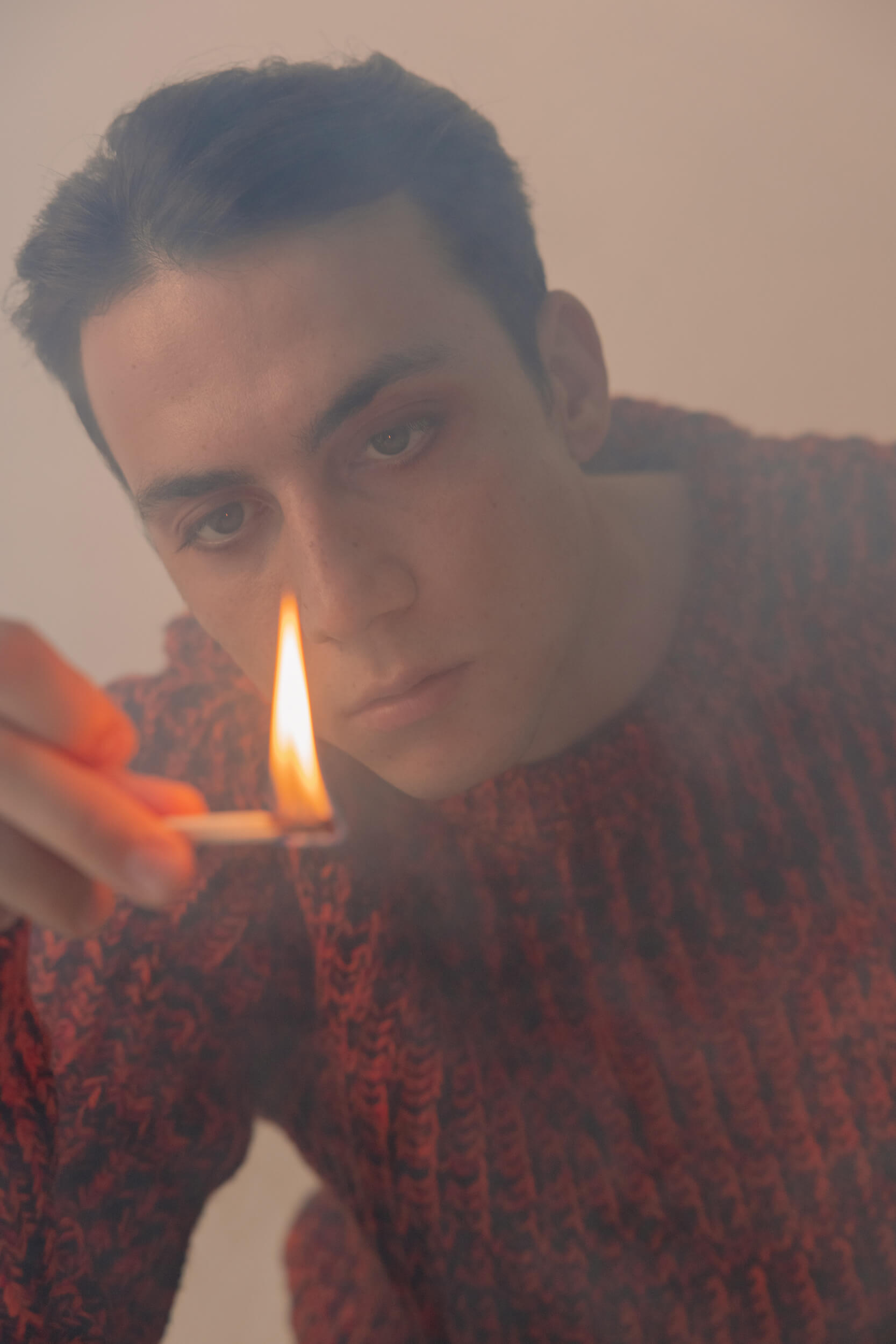
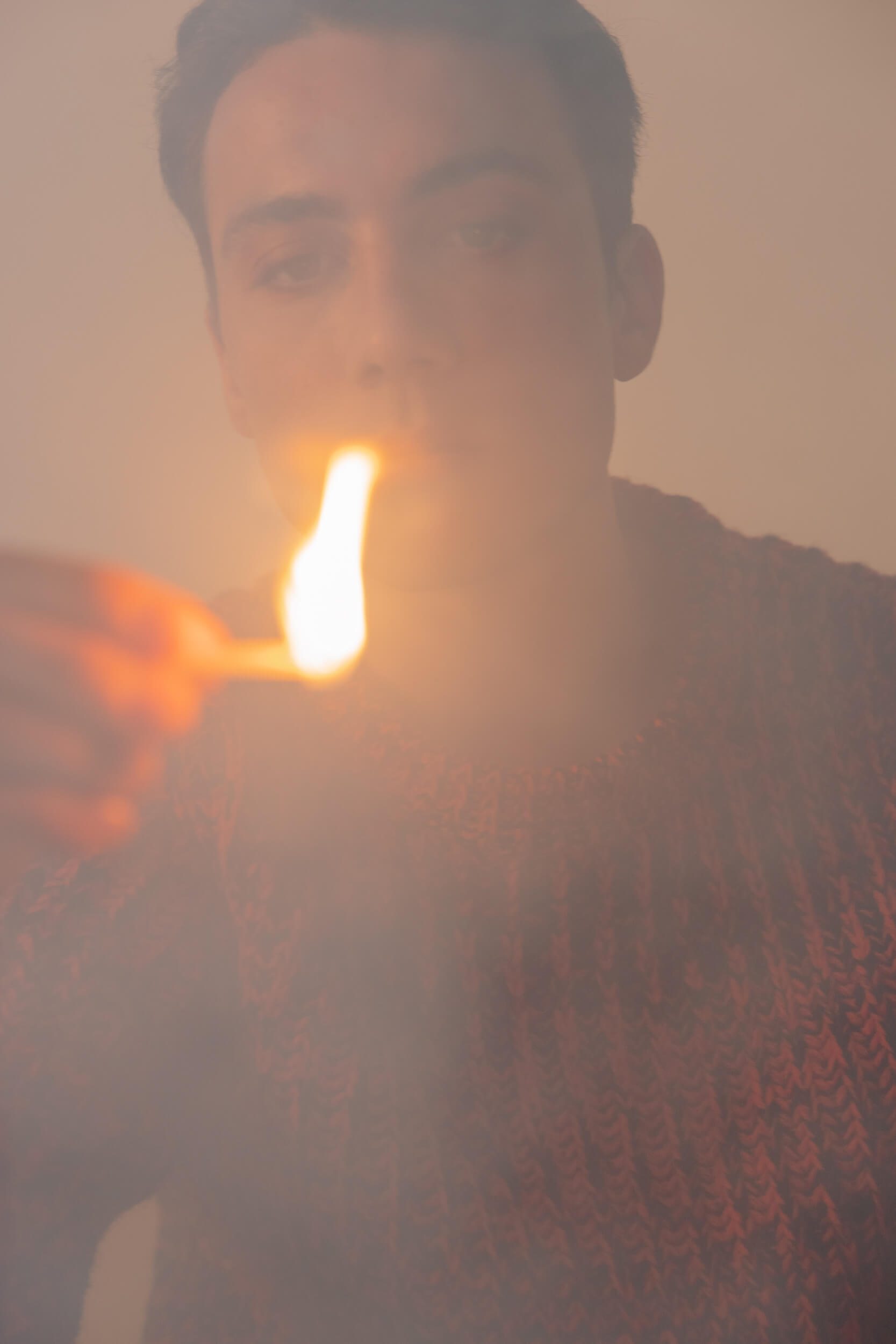
Moving to another land, instead, in the world of music you’re called “Icaro” (Icarus), like the mythical character with wax wings, punished by the gods for his excessive ambition and impatience. Why did you choose this pseudonym? Do you somehow recognize yourself in Icarus?
Yes, I can recognize myself in Icarus and I can recognize my generation and the one after in this myth. The first songs I’ve written, in particular, were focused on this theme, extreme ambition and, consequently, failure and the fear of failure.
Today, we’re affected by the so-called “30-year-olds crisis”, which means that we panic because when we turn 30, we’re nothing like our parents when they were 20, but we’re not realizing that times have changed, and life expectations have prolonged, the quota 100 has become the quota 103 [laughs] and this can unbalance things. Today, we do everything when we’re older, we retire later and, as a consequence, we’re fulfilled later on in life.
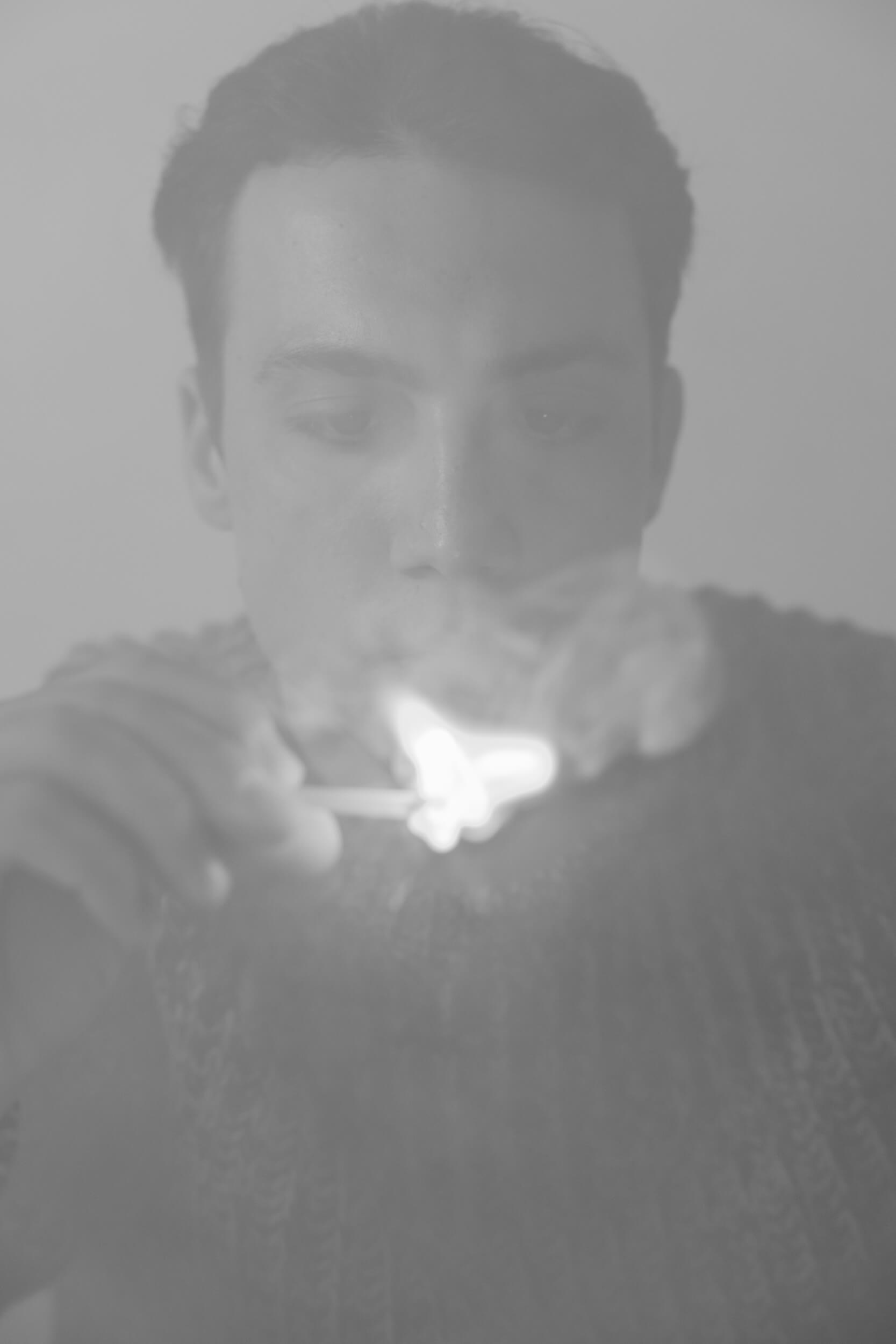
“Extreme ambition“
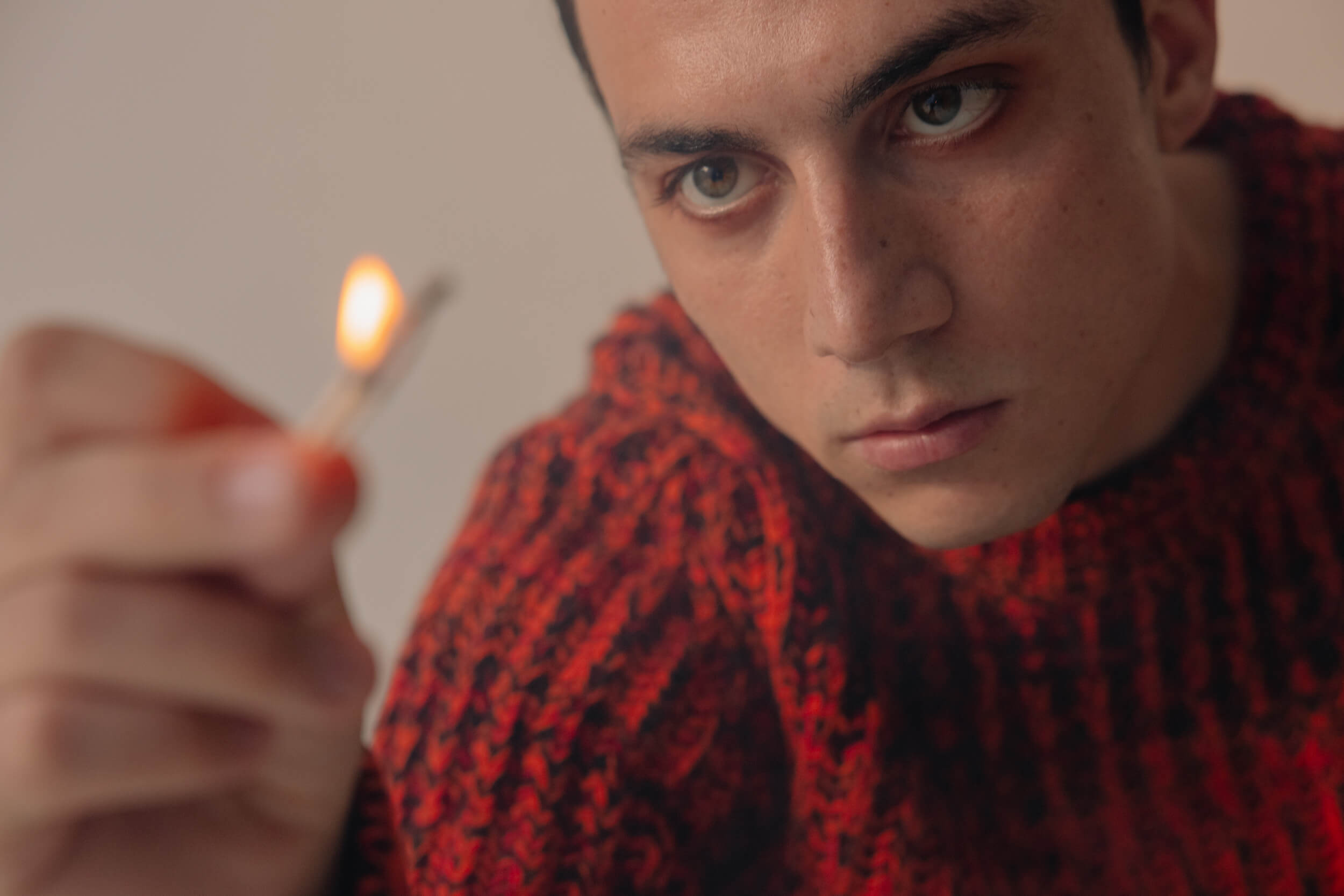
You’ve dedicated your debut EP, “Edo”, to your character from “Mare Fuori”, and so music and fiction intertwine. Does this happen often to you?
My ambition is to unify in the final product what’s always been my form, as music has always helped me work on my characters, and in the same way, my characters have always helped me in my music. The first one was Icaro, and then Edoardo: the intro of “Mare Fuori”, for example” came from the work on my character.
My goal is to carry on the two forms of art that I’m cultivating, but also to unite them in the shape of other products: for example, it’s something I can do in music videos, this unification, putting acting and music together, or even in concerts. My dream, in fact, is to create a well-structured musical project, so that when I do live concerts, I can give life to a performance that’s both musical and cinematographic.
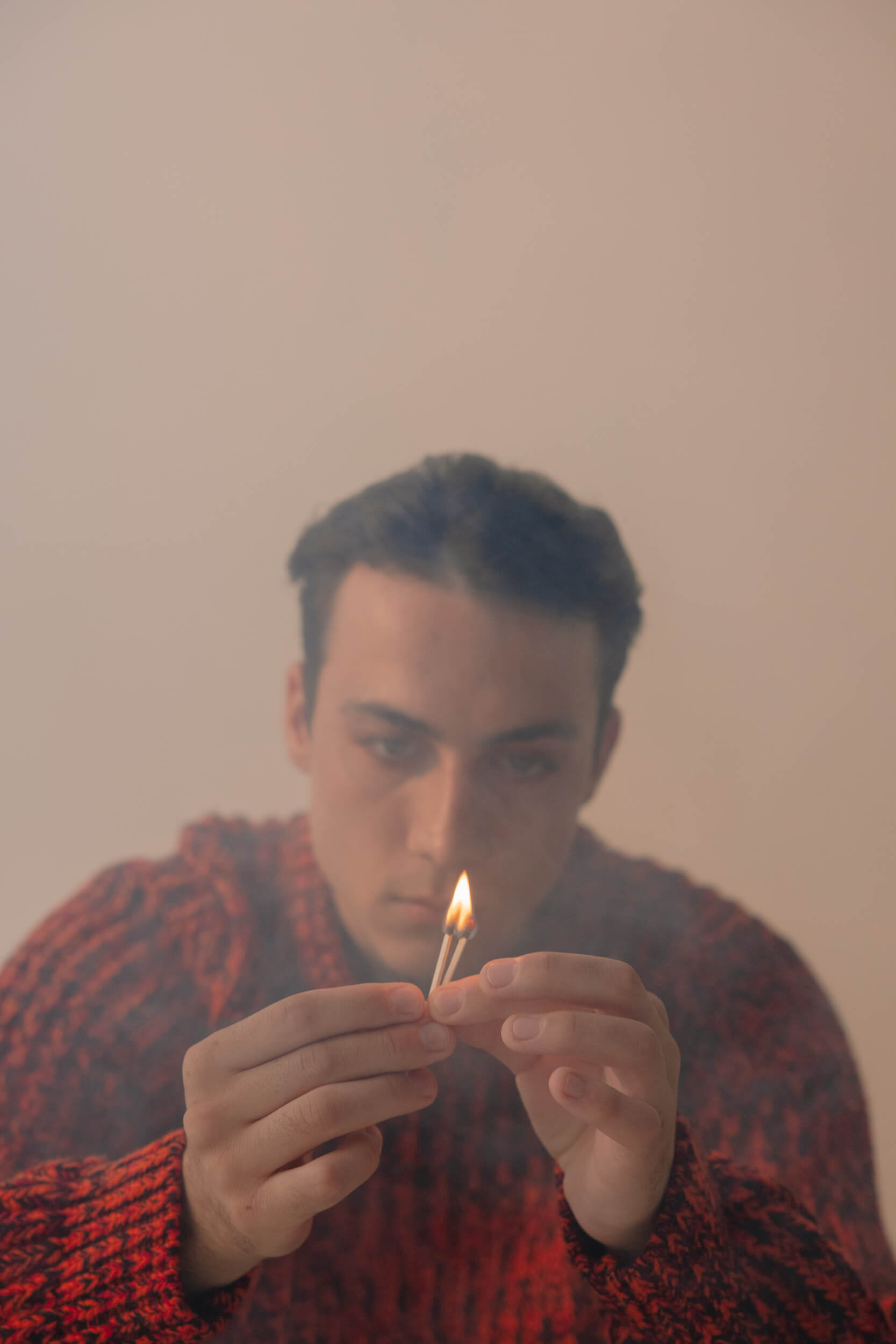
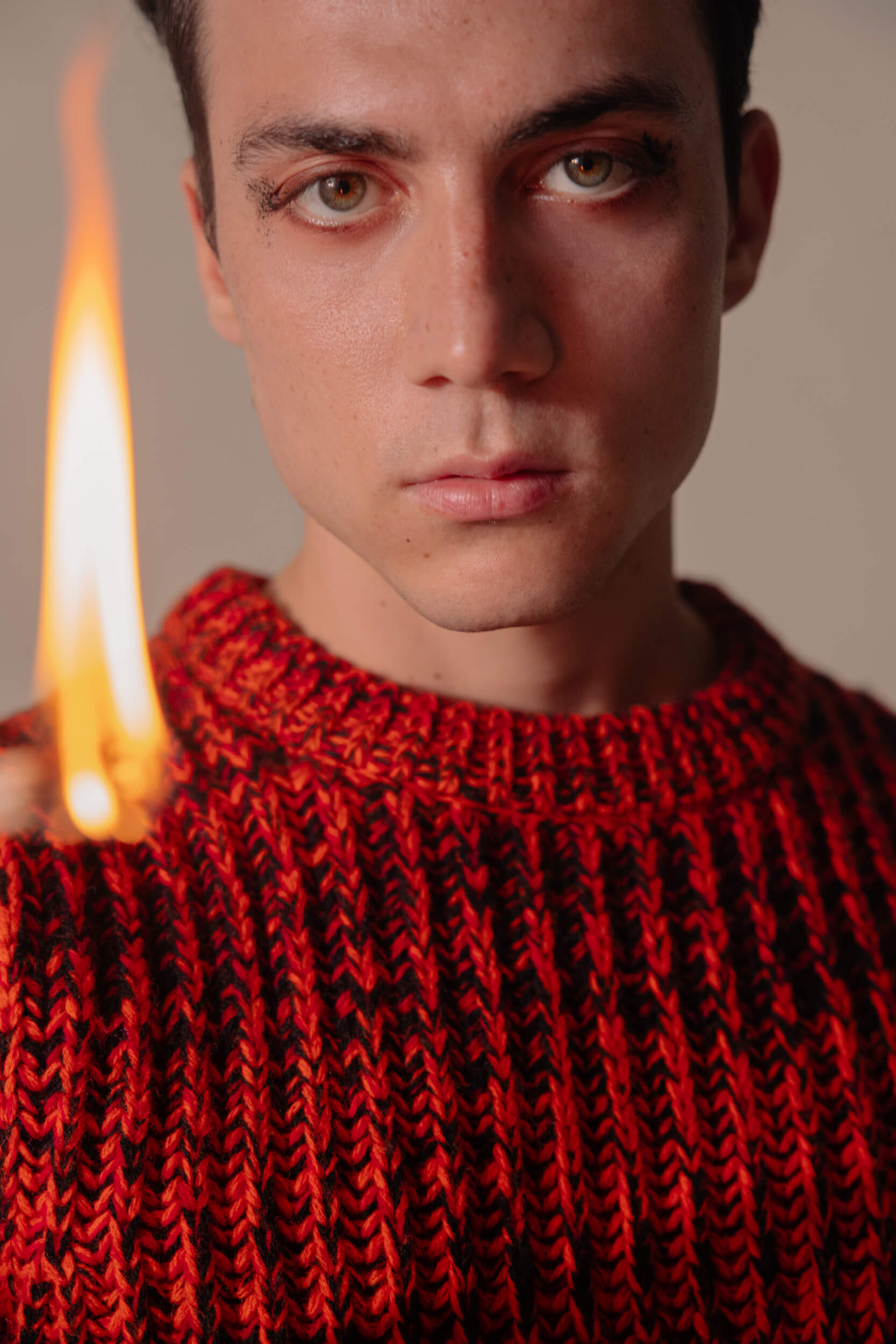
So, for “Mare Fuori”, you and your collaborators have written some tunes from the soundtrack, like the intro, as you said. Do you remember the very first song you wrote?
The very first song I wrote was called “Benjamin Button” [laughs]: I actually imagined the character singing the song! It was a super rudimental thing, in fact, I started with freestyle, improvising, so singing stuff with little meaning. Then, on February 5th, 2015, “Hellvisback” by Salmo was released: when I listened to that record, I thought, “Okay, I want to start writing music”. From that moment on, I started making… shitty music [laughs]. I firmly believe in the philosophy of Hokusai, who said “maybe when I’ll be 80, after doing a million drawings, I’ll start doing my very first drawing”; you know what, let me read to you the actual quote because it’s so beautiful, I discovered it when I went to see an exhibition dedicated to Hokusai in the Ara Pacis:
“From around the age of six, I had the habit of sketching from life. I became an artist, and from fifty on began producing works that won some reputation, but nothing I did before the age of seventy was worthy of attention. At seventy-three, I began to grasp the structures of birds and beasts, insects and fish, and of the way plants grow. If I go on trying, I will surely understand them still better by the time I am eighty-six, so that by ninety I will have penetrated to their essential nature. At one hundred, I may well have a positively divine understanding of them, while at one hundred and thirty, forty, or more I will have reached the stage where every dot and every stroke I paint will be alive. May Heaven, that grants long life, give me the chance to prove that this is no lie”.
So, he wrote this when he was 73 basically telling himself that what he’d done up to that moment wasn’t worthy at all! [laughs]
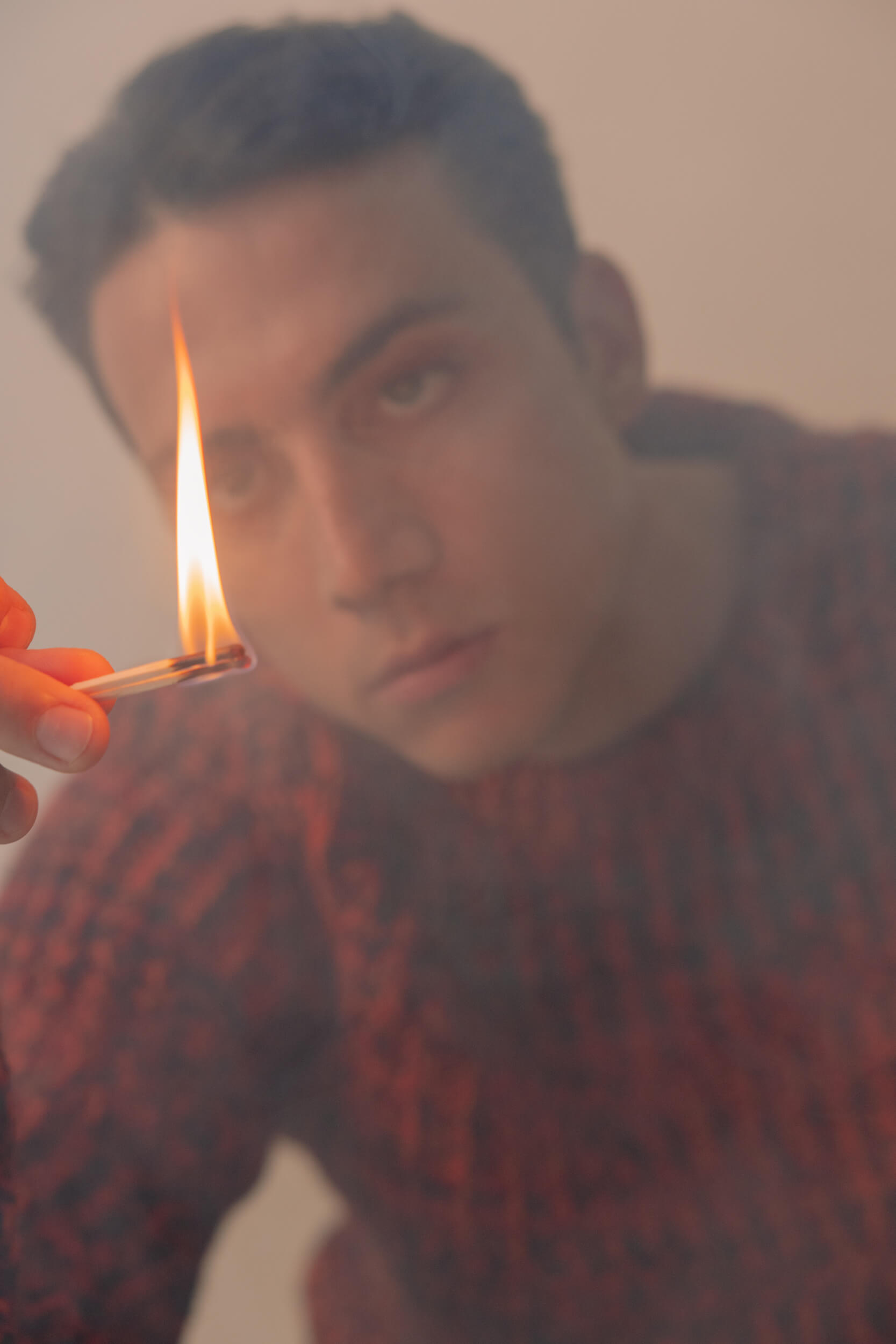
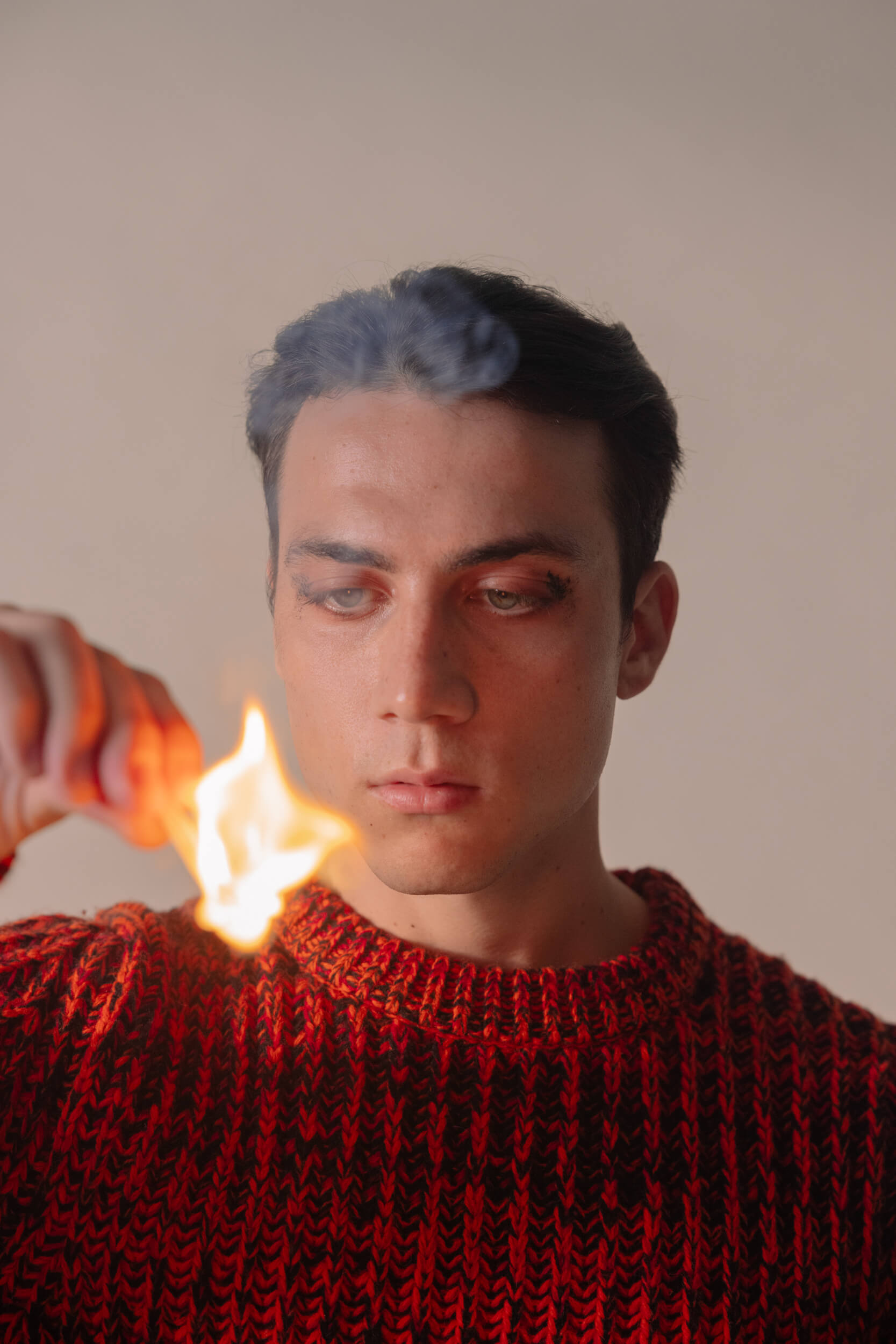
What’s the song you made that you’re most attached to?
The song I’m attached to the most is the one I haven’t written yet.
Your latest-released tune, “Luce al buio”, what’s it about?
This tune has been a journey for me and SAC1, the artist I do the featuring with. It’s about lost love, melancholy, the nostalgia of sweet memories that become bitter, and the fact that in the end lovers need no light because love enlightens them. I’m writing lots of music, though, so there will soon be more nice things to listen to.
What “role” do cinema and music respectively play in your life?
Music is something that guides me when I’m awake, on a daily basis, and that’s with me at every moment of my day: I have my morning playlist, my lunch playlist, and my night playlist. Cinema, instead, is part of my oneiric world, the world of dreams. I think this is how acting should be experienced; when I work on a character while awake, I use music too, and then, when I’m on the scene, I work on it as asleep. It’s kind of the opposition between the conscious and the subconscious: with music, I have a rather more conscious, sensorial approach, through earing and imagination, while with cinema, even when I’m watching a film, all in all, it’s a bit like I’m sleeping.
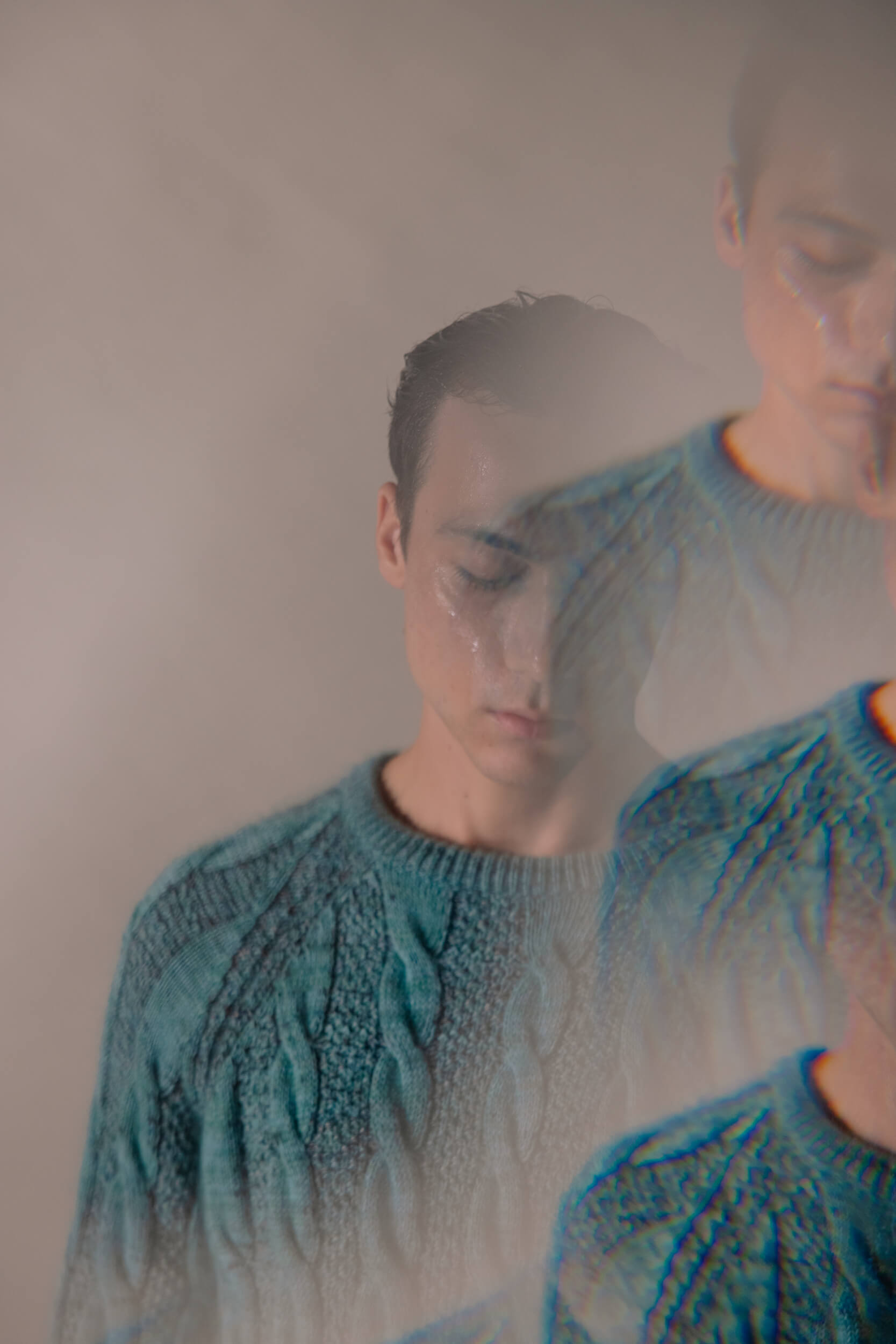
“The opposition between conscious and subconscious”
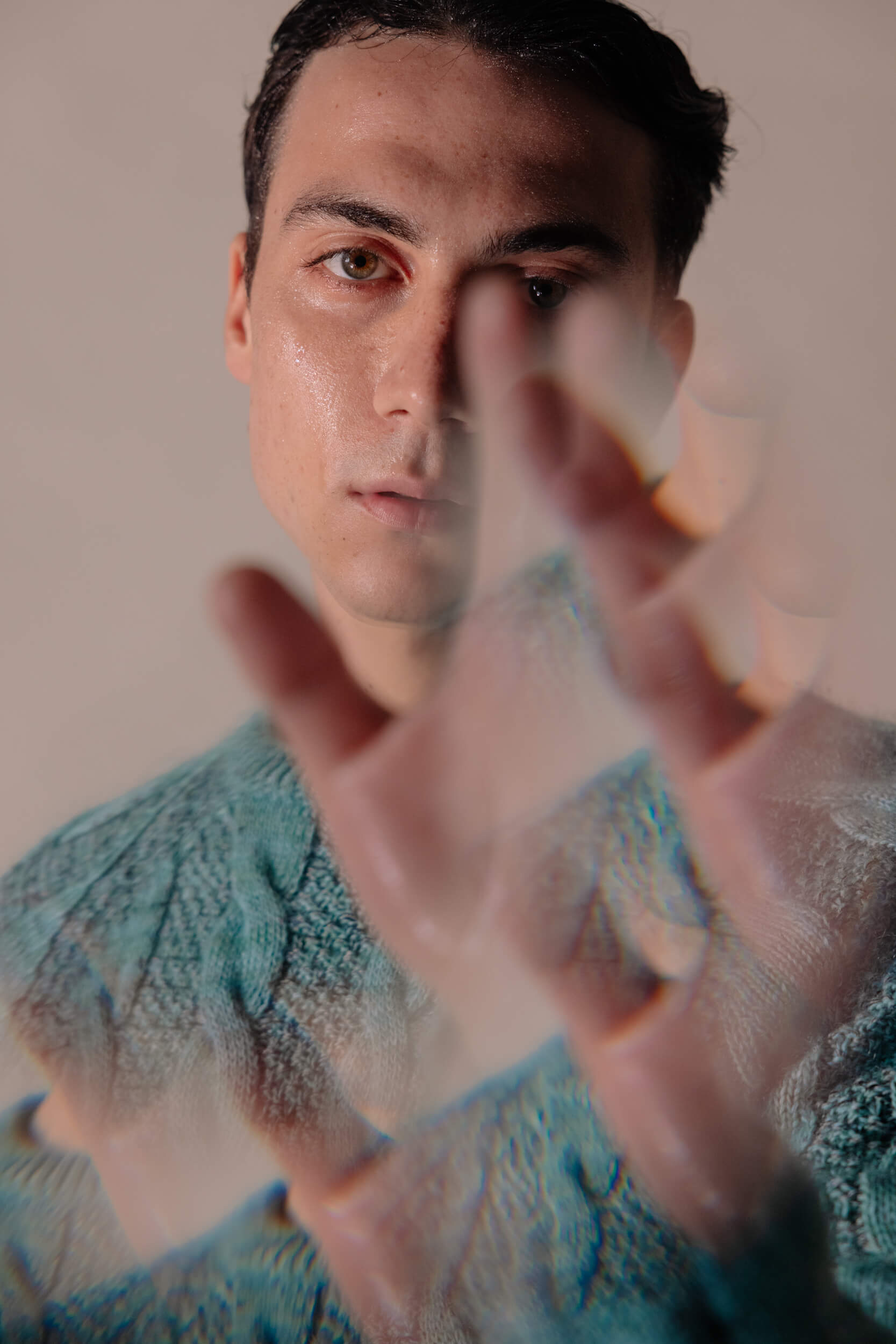
What’s the song or album that describes this very moment of your life?
I can’t help but keep on listening to “Astro World” by Travis Scott: for real, I listen to it almost every day.
Your latest binge-watch?
Honestly, I hardly ever binge-watch because I’m so busy that I can’t really find time to watch TV series. It’s more likely for me to watch a couple of episodes at a time. However, one of the latest shows I’ve watched and finished in three days-time with my dad is “The Bad Guy”, really cool, I’m happy that we’ve made a product like this in Italy and I hope that all the Italians saying that in Italy no one makes quality products watch it! Of course, the audience is free to do whatever they want, today we have global streaming platforms where we can even watch Norwegian movies, but the worst is that there are so many actors saying, “No, I don’t watch Italian stuff” but then want to work in Italy… And then maybe you ask them who Paolo Virzì is and they have no clue! “The Bad Guy” gives a glimmer of hope to those who don’t believe in Italian productions, proving that the truth is that we make lots of quality products here, even though oftentimes they’re not as sponsored as the more mainstream ones. It’s one of those TV series that make me proud to be an Italian actor.
Do you have a “comfort film”, a film you’d watch a million times because it makes you feel good?
Disney movies! In fact, ever since I have a Disney+ account, it’s been a dream!
Is there a song that has the same power on you?
“Highest in the Room” by Travis Scott.
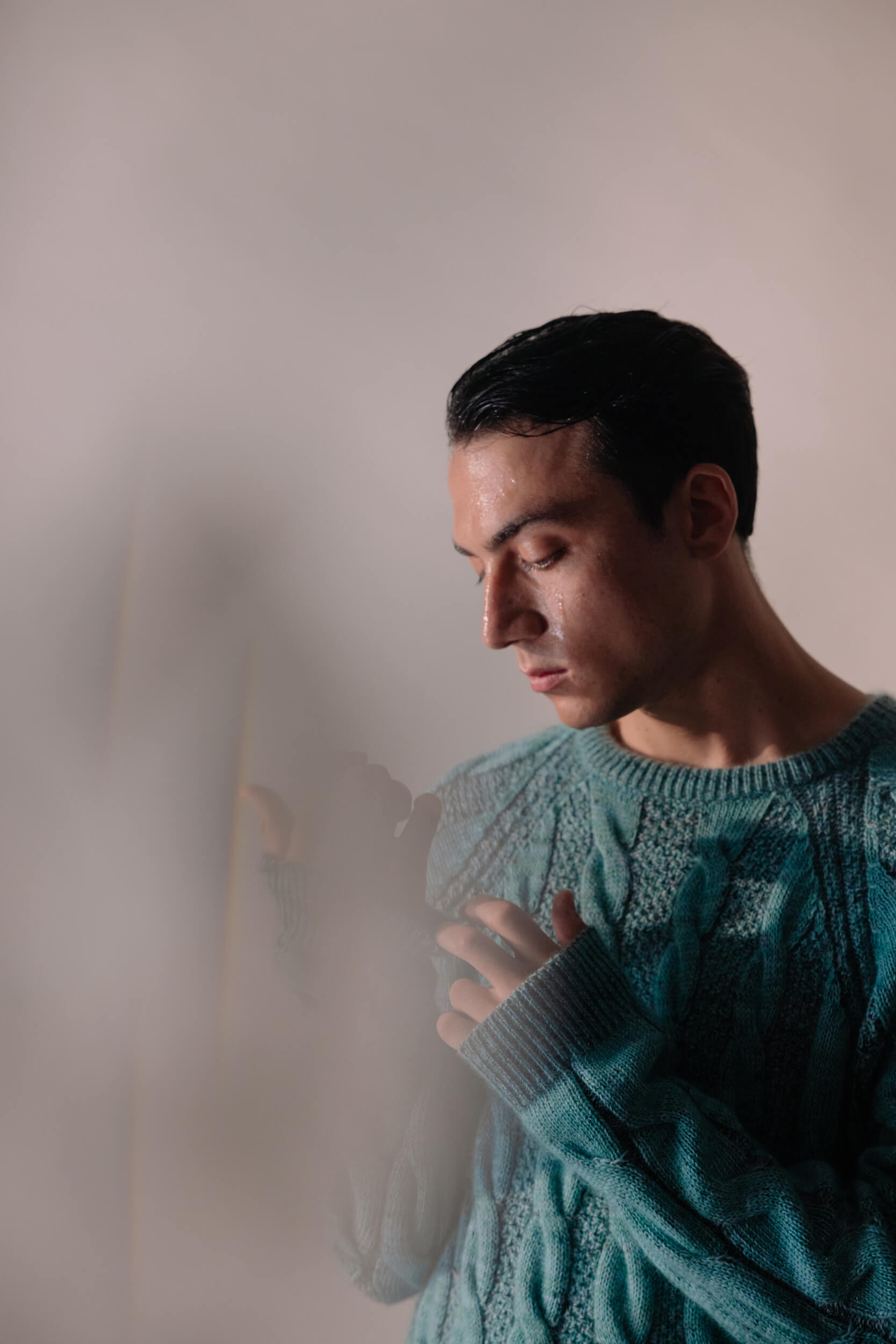
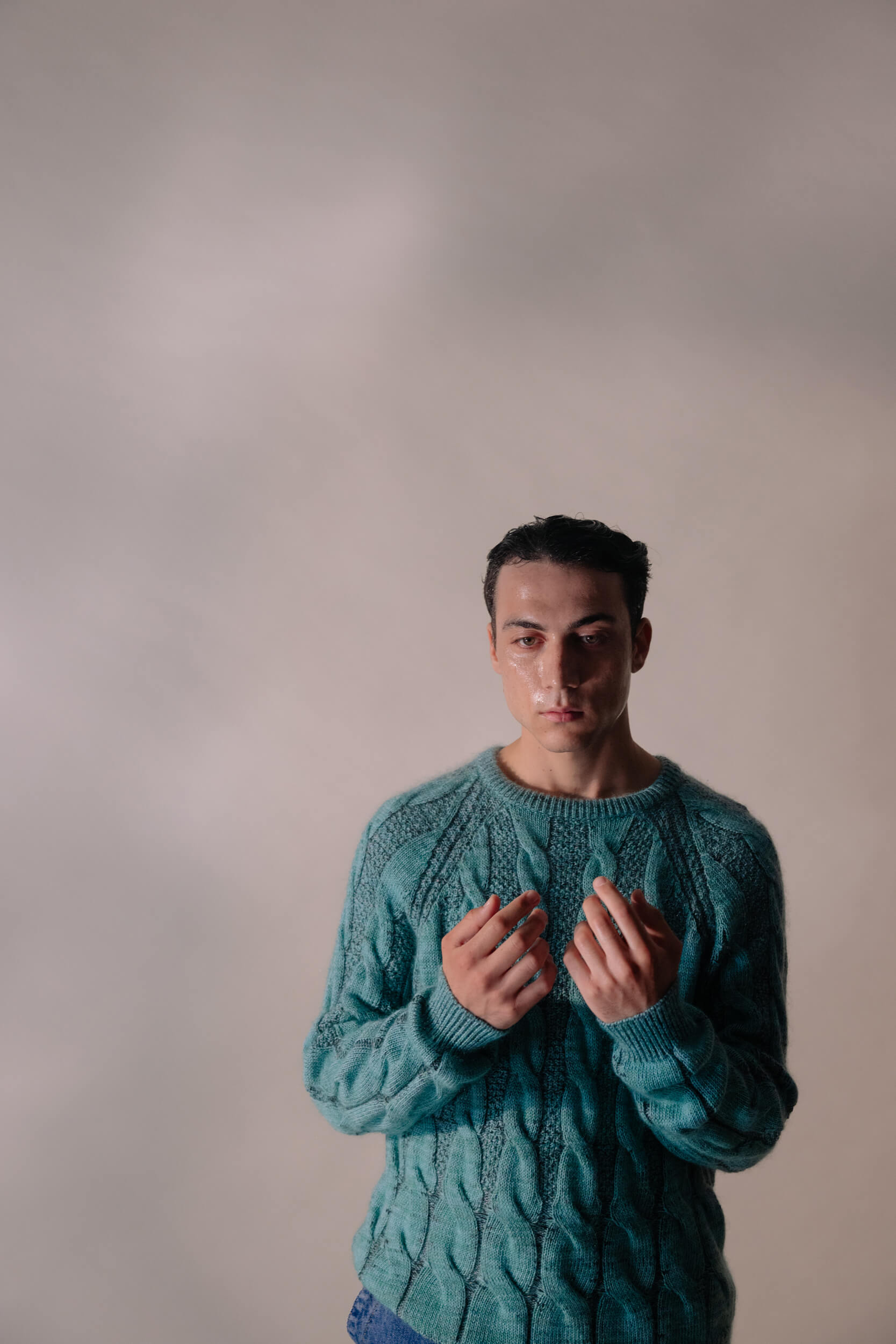
An epic fail on set?
What comes to my mind is a scene I was in with Antonio orifice and Carmine Recano, who plays the Commander, while shooting the second season, it was a 2 or 3 minutes-long sequence shot where the Commander enters the isolation cell to tell us to follow him because we have hashish with us; we couldn’t finish this scene because at the end of the long shot, when Antonio says in Neapolitan, “What should we do, should we leave?”, all the time we’d burst out laughing and so we had to start it all over again. We did 14 takes of that, and the only good one was the 14th because the Commander and I run away from the camera to avoid laughing at it. Imagine, there were some takes where the Commander would only open the door and we’d start laughing because we’d entered this loop where we knew that Antonio would have made us giggle [laughs].
What’s your must-have on set?
An object where all the character’s energies are concentrated, it’s an obsession of mine [laughs]. For example, on the set of “Mare Fuori” I had a sort of little stuffed tiger that stayed with me during the first two seasons because then I gave it to a charity, so I didn’t have it anymore during season three.
Another thing I’m going to let you in on, as no one knows it, is that I always need to have with me a paper that I like to call “The Scroll”, on which I write all my scenes and the goal of my character in a very tiny font: I fold it in 12 columns so that it becomes an extra small paper that I always carry with me, so I always know what’s happened before and what happens after; in fact, perhaps sometimes you get on the set and they tell you, “We’re shooting scenes 240, 160 and 720”, and you don’t know what’s happened in the middle, so the Scroll helps me always have a clear direction in mind.
Your greatest act of rebellion.
Always questioning the truth. Even when I was a high school student, I struggled with accepting that the truth was what somehow was imposed on us, on a level of information, of course, I’m not talking about education. I continued to have this approach even during my acting studies, maybe with an academic attitude at times. Often, in fact, many actors tend to consider everything that the professor says as absolute truth when actually even professors can somehow have their limits, of course, they’re experts in their field, but they haven’t written Stanislavski’s testament.
I believe it’s important to question the truth and I’ve had proof of this during a trip to Nepal. During that journey I made, I visited a Tibetan monastery: people there read prayers from sacred writings that talk about nature and mankind, and then gather to discuss those, somehow questioning the sacred writings, and expressing doubts about what they say. For example, when I asked them what they’d discuss during those gatherings, a monk said to me:
“If nothing is permanent, how can our words be?”.
It’s a philosophy in which they firmly believe, the fact of always putting the truth in doubt. I think this could be my greatest act of rebellion, never accepting things blindly because each of us has our own truth inside.
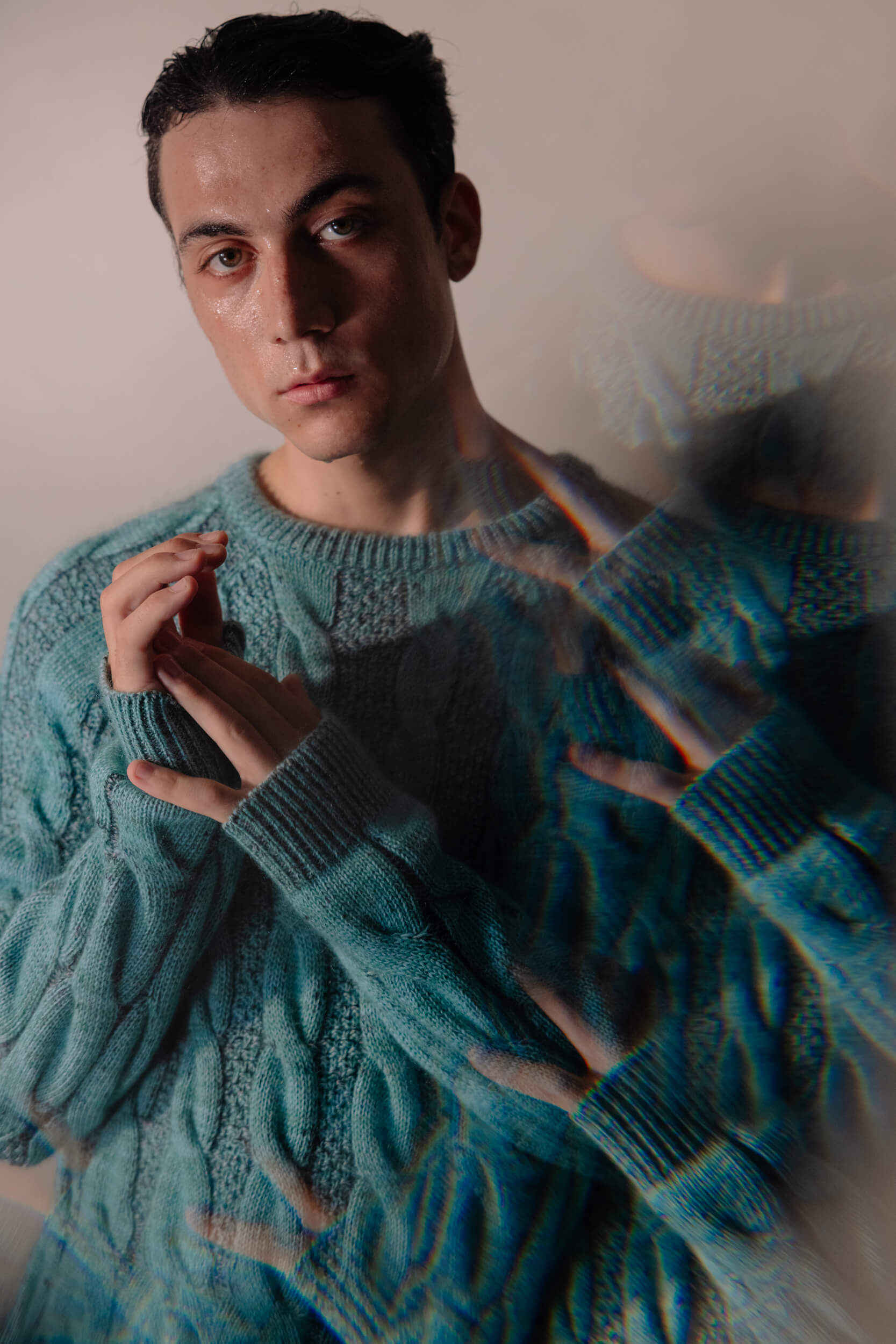
“If nothing is permanent, how can our words be?”
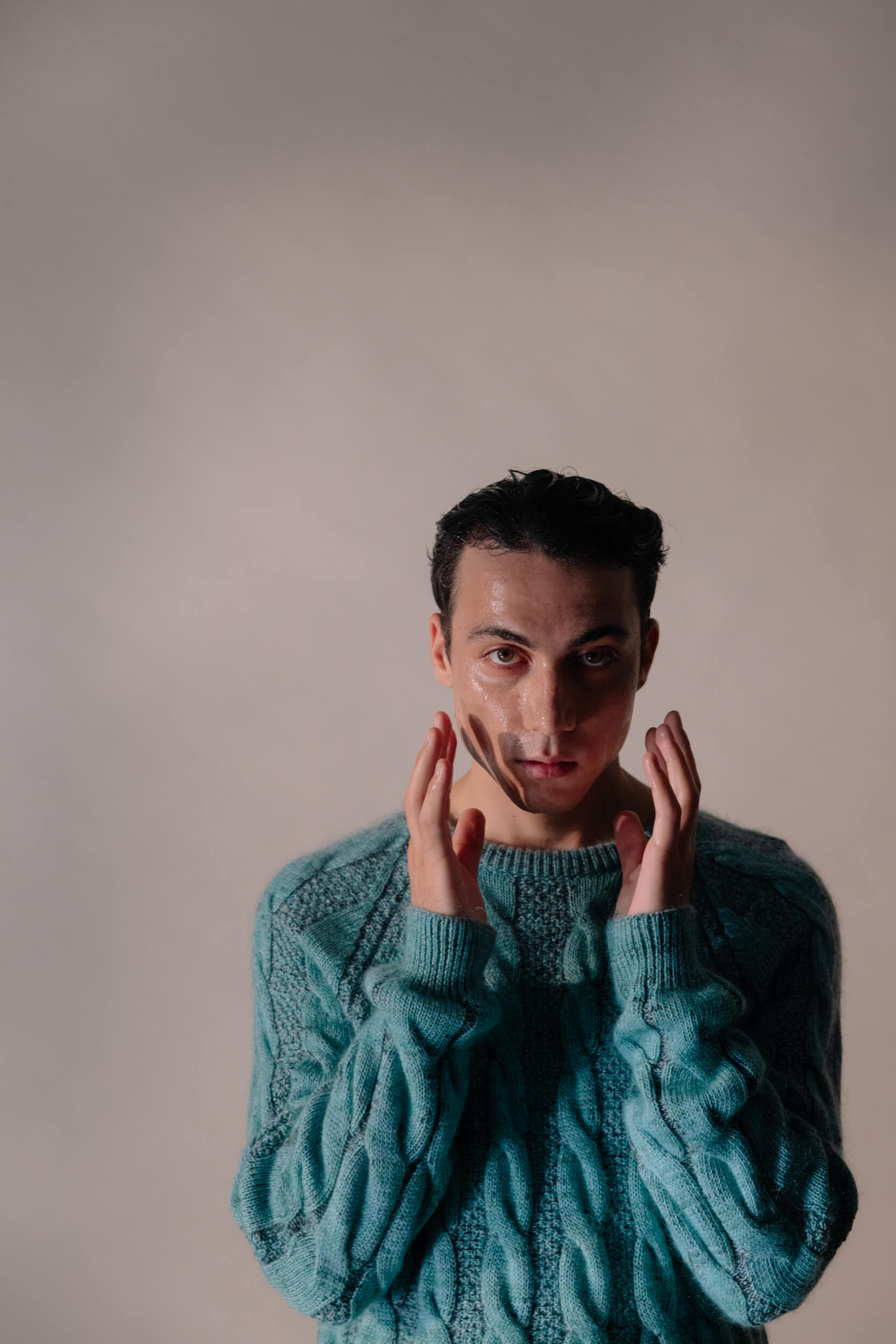
What are you scared of, instead?
I’m scared of so many things… Above all, I’m scared of the direction that humanity is taking because I can have a certain worldview, but in the end, things fall back on me, as well. I’m scared of being a victim of the cooling of feelings, of being a victim of perfectionism: basically, we’ve started off with Instagram filters, now we’ve got avatars, soon we’ll have the Metaverse, and we’ll all want to be perfect and similar to robots. This is my fear: the impact of robots on humanity, the moment when we’ll not be the ones who use machines anymore, but machines will use us, instead.
What does it mean to you to feel comfortable in your own skin?
It’s that moment when, after months and months under someone else’s skin, I work to find myself again. It’s accepting what I am, with my limits, imperfections, and flaws. I believe that to feel comfortable in your own skin, you need to surround yourself with people who really love you for who you are and not for what you have.
The latest thing that has made you laugh?
My dad, like three minutes ago [laughs].
What’s your happy place?
My happy place is the guitar I have in my bedroom, which cheers me up when I’m sad.
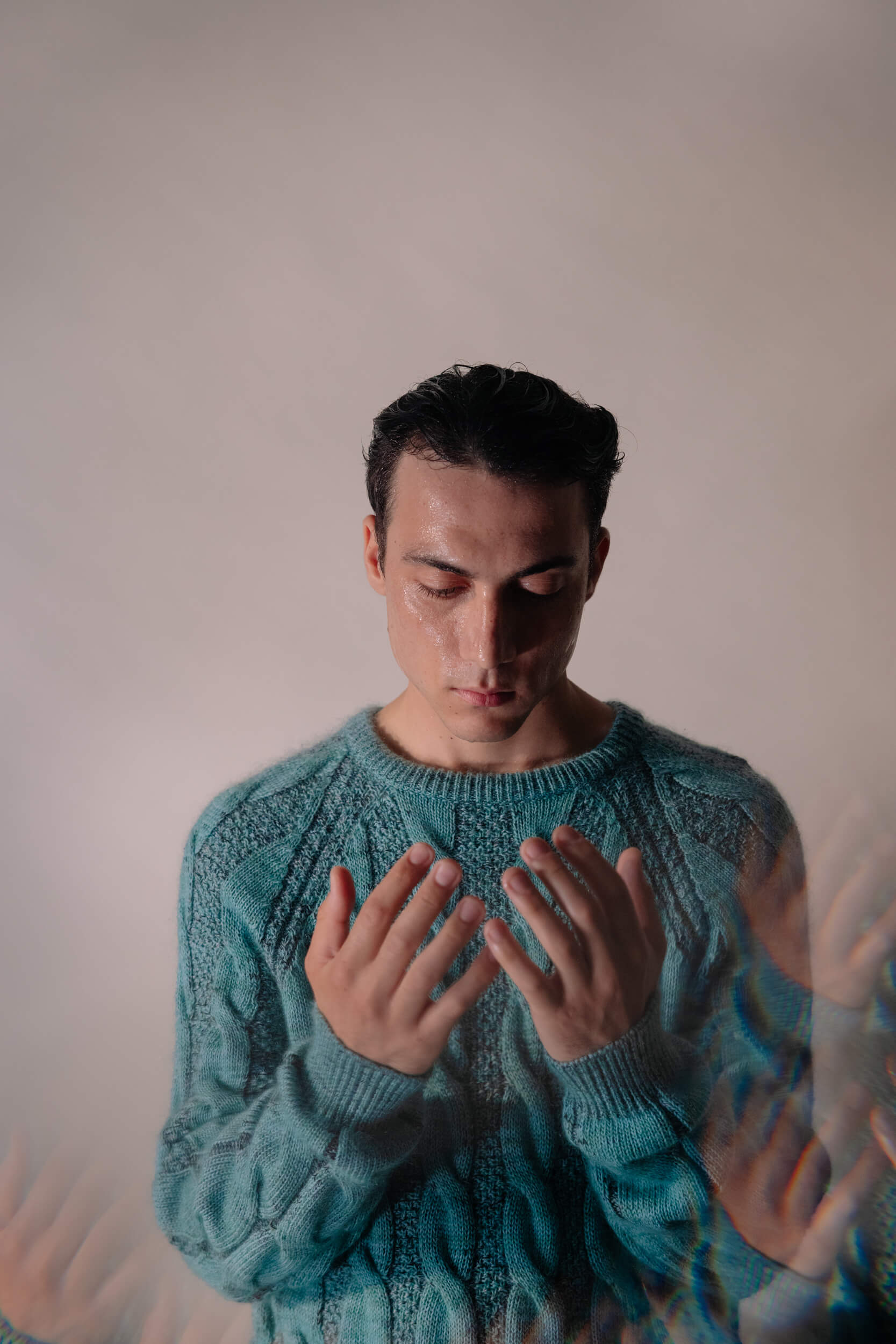
Photos & Video by Johnny Carrano.
Grooming by Sofia Caspani.
Styling by Samanta Pardini.
Assistant styling Greta Monticone.
Thanks to Amendola Comunicazione.
Thanks to Giuseppe Corallo.
LOOK 1
Shirt: Bonsai
Pants: Sandro Paris
LOOK 2
Total Look: Sandro Paris
LOOK 3
Sweater: Sandro Paris
LOOK 4
Sweater: Missoni

